20 twenty-somethings around the world
Between the pandemic and the protests, this year has been an alarm bell for young people. Here, 20 candidates weigh in on the year so far and give us a snapshot of life in their shoes.
Life
Words: Amy Francombe
Article taken from The Face Volume 4 Issue 004. Order your copy here.
In the summer we asked 20 photographers from around the world to shoot a twenty-something of their choice.
We wanted to know how the cataclysmic events of the last few months have affected people, wherever and whoever they are. How the world had changed around them. And how they, in turn, intend to change the world in ways both big and small.
From Manchester to Melbourne, Gothenburg to Guatemala City, we spoke to actors and musicians, stylists and students. We heard from an MMA fighter and an out-of-work car factory worker. Each brought something different. Everyone had their own story to tell.
The project started in print. But now it continues here online, where our twenty-somethings have documented their lives via images, voice notes, interviews and video footage, captured at the close of summer.
Sally C, 28, DJ, Belfast

Photography by Scott J Gallagher
“Corona hit smack bang in the middle of a busy touring schedule. My most recent gig was in London and everyone knew it was going to be the last dance for a long time, so it was bittersweet. Now we’re six months into the pandemic and my job is still on hold. The touring part of my job is paused, which has been frustrating and a loss of identity in a way. But it’s also given me more time to focus on my music and launching my record label. I know that it’s going to take some time to build myself back up when the pandemic ends, but I’m staying positive. People are always going to want to dance and be entertained.”
Click to see Sally C’s Belfast diary.
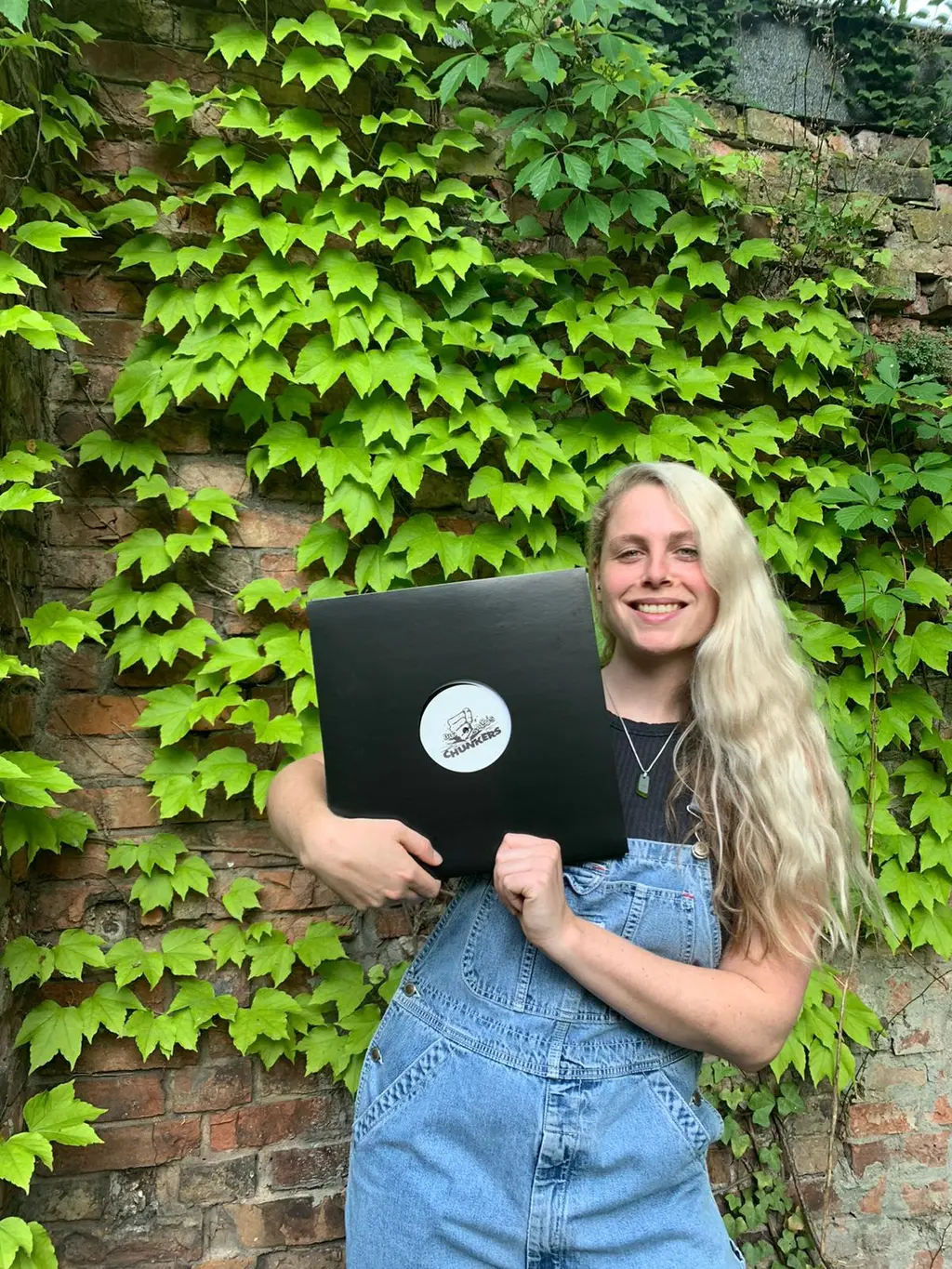
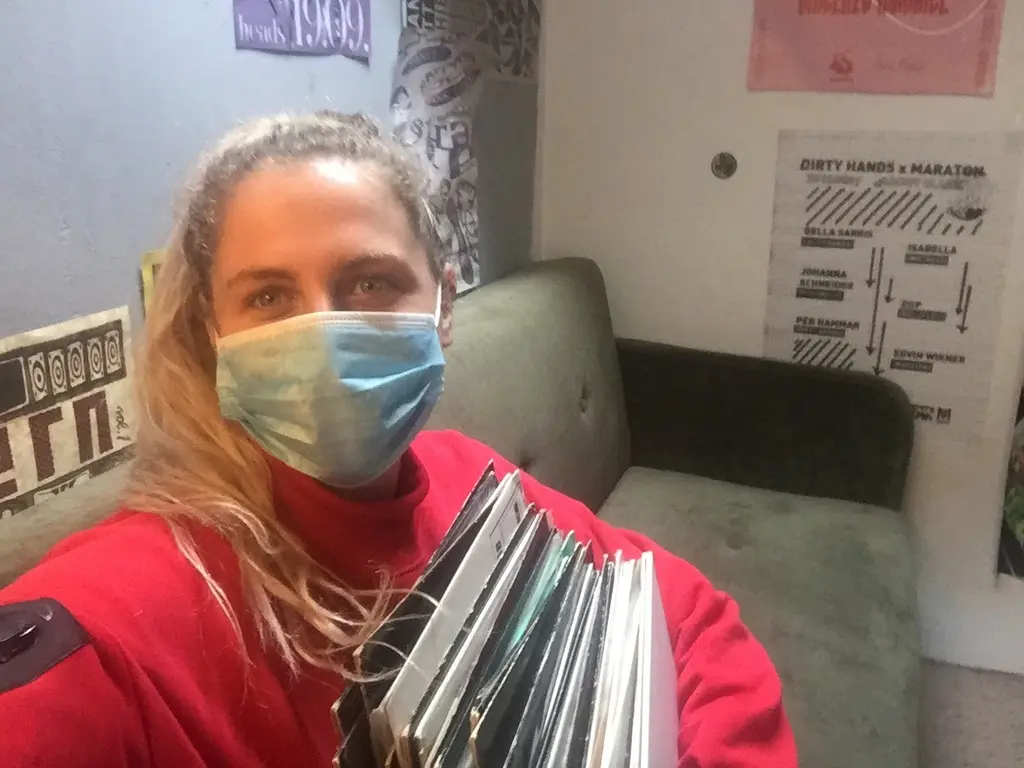
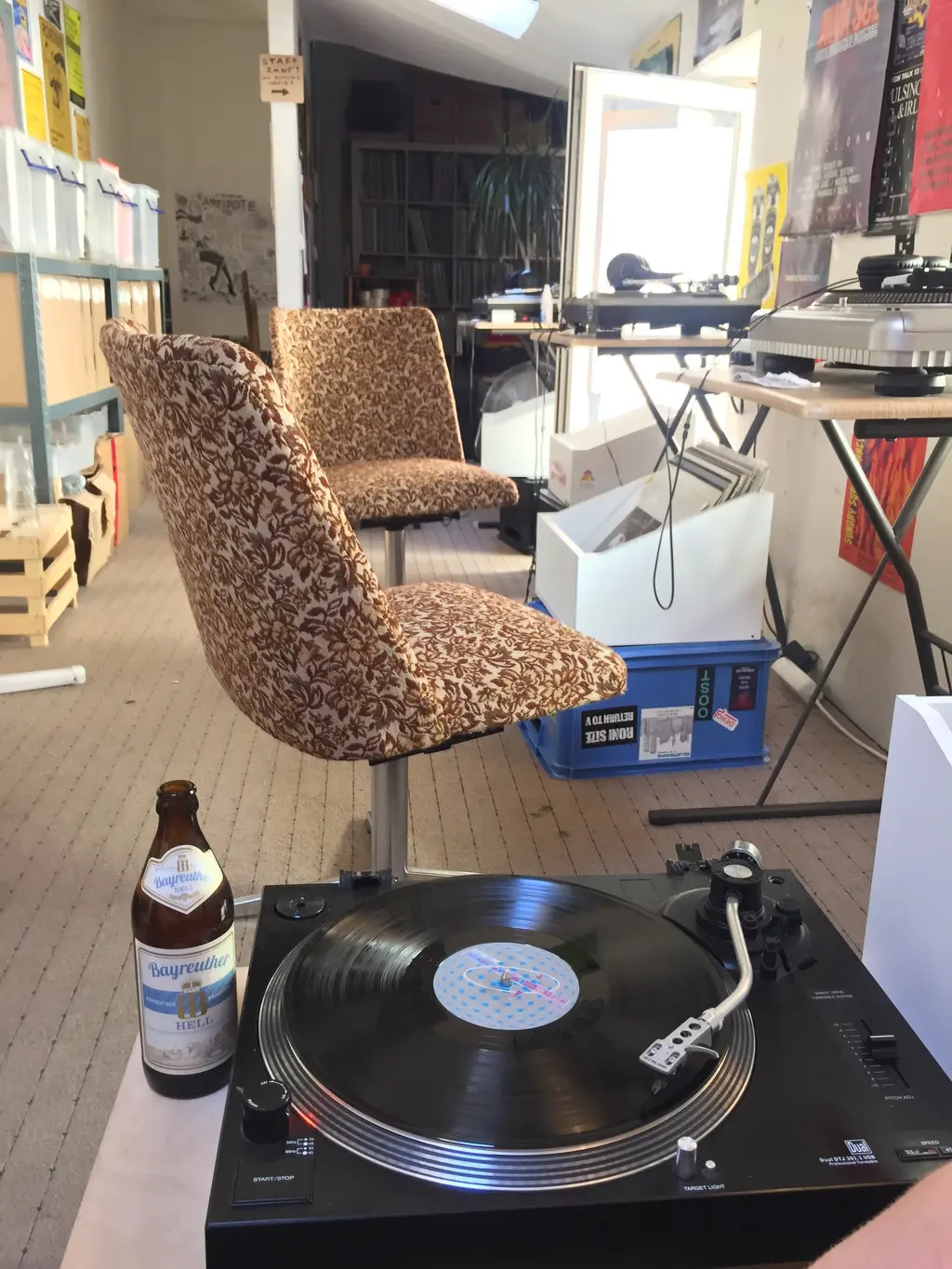
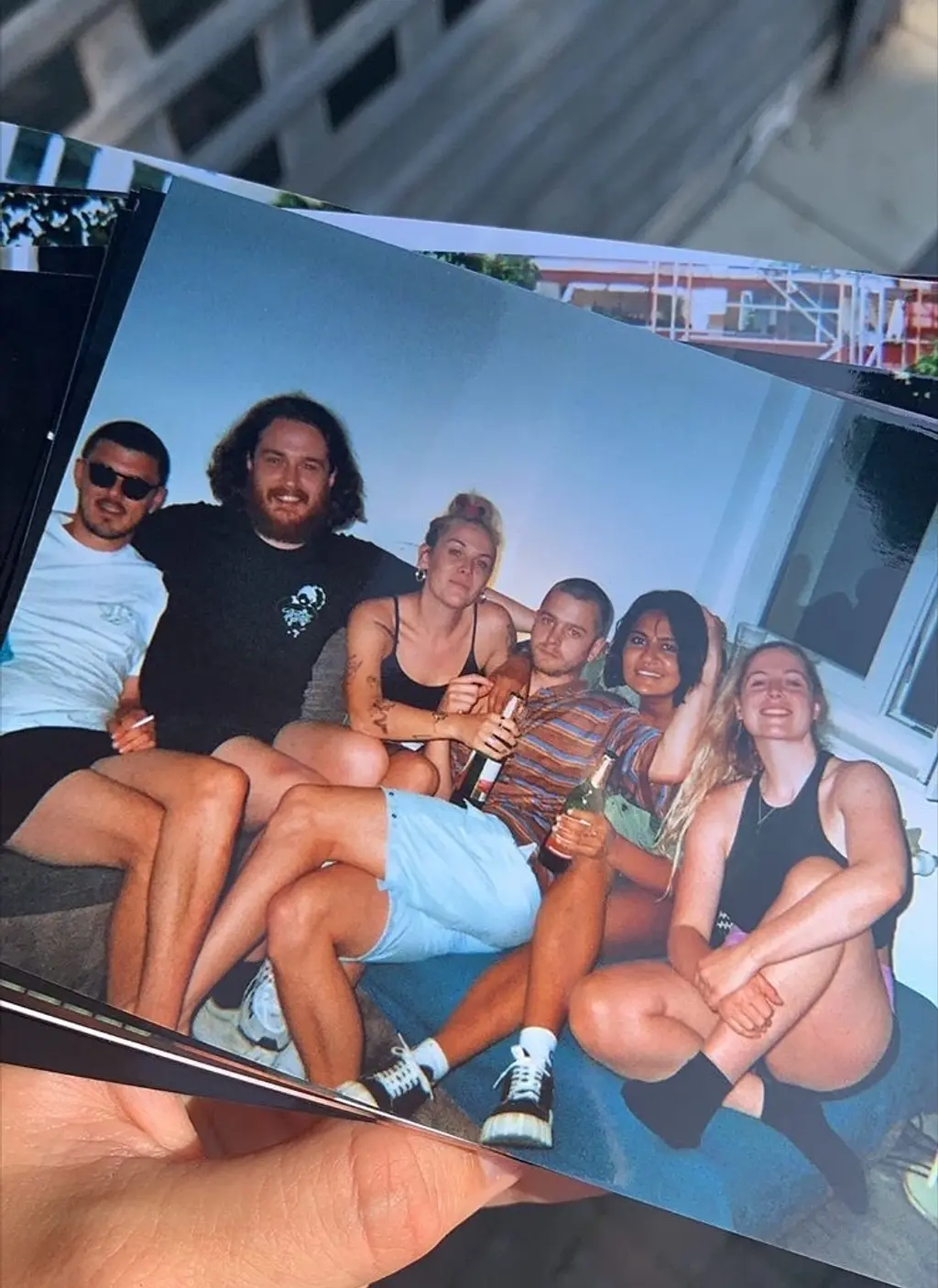
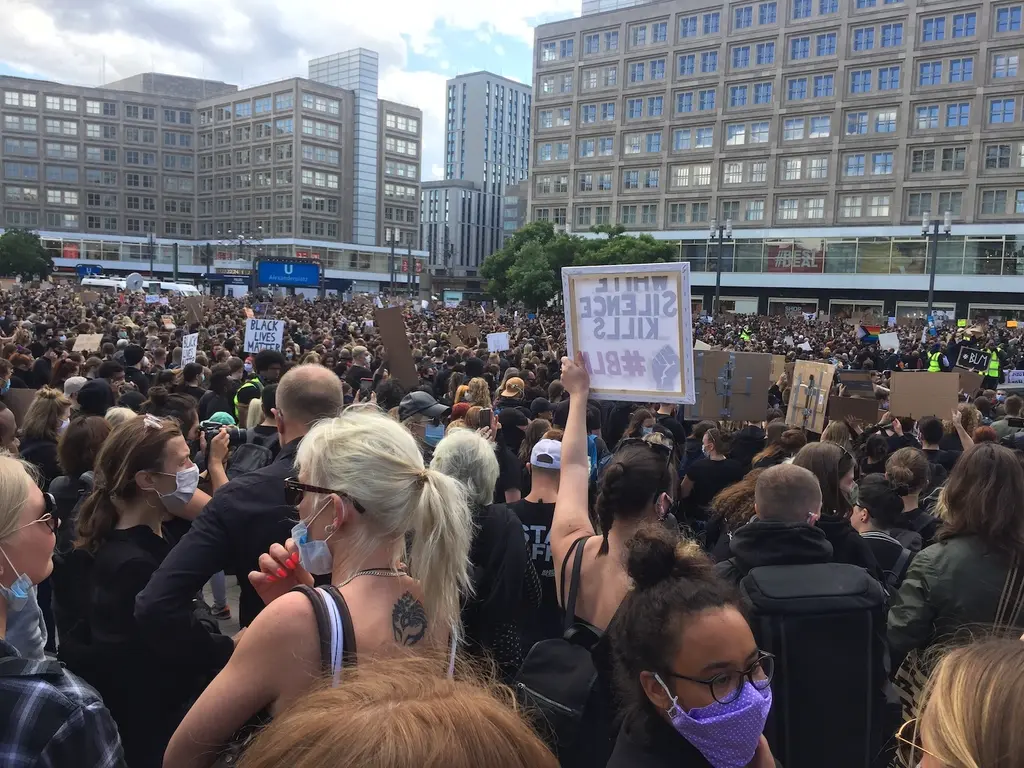
Malik Shakur, 24, actor, Atlanta

Photography by Josiah Rundles
“My plan pre-Covid was to invest time getting reacquainted with theatre, but things are shuttered on and off-Broadway. In light of that, I’ve been focusing on my writing, but also giving my free time to nonprofits and protests around New York City. Between the pandemic and the protests, I think this year has been an alarm bell for many young people. These problems are facing us because generations before us created them and we allowed them to a certain extent. ‘Normal’ was the complacency that had my generation sedated for most of my childhood. We need to see this through. I hope the new world is unrecognisable.”
Isold Halldorudottir, 24, model, artist & activist, Reykjavik

Photography by Vidar Logi
“Since the pandemic, my career has shifted immensely. Having everyone locked up inside their homes made it more accessible for me to do collaborations by having them be remotely. Because of that, I was able to work with people who I’ve admired for so long, and from there I was introduced to even more people that kept the ball rolling. I can only hope that for the future I am able to continue this high. It’s strange to look past the present when all your decisions are based upon Covid-19, but I can only stay optimistic and take each day as it unfolds.” Click for a snapshot of Isold’s Reykjavik.
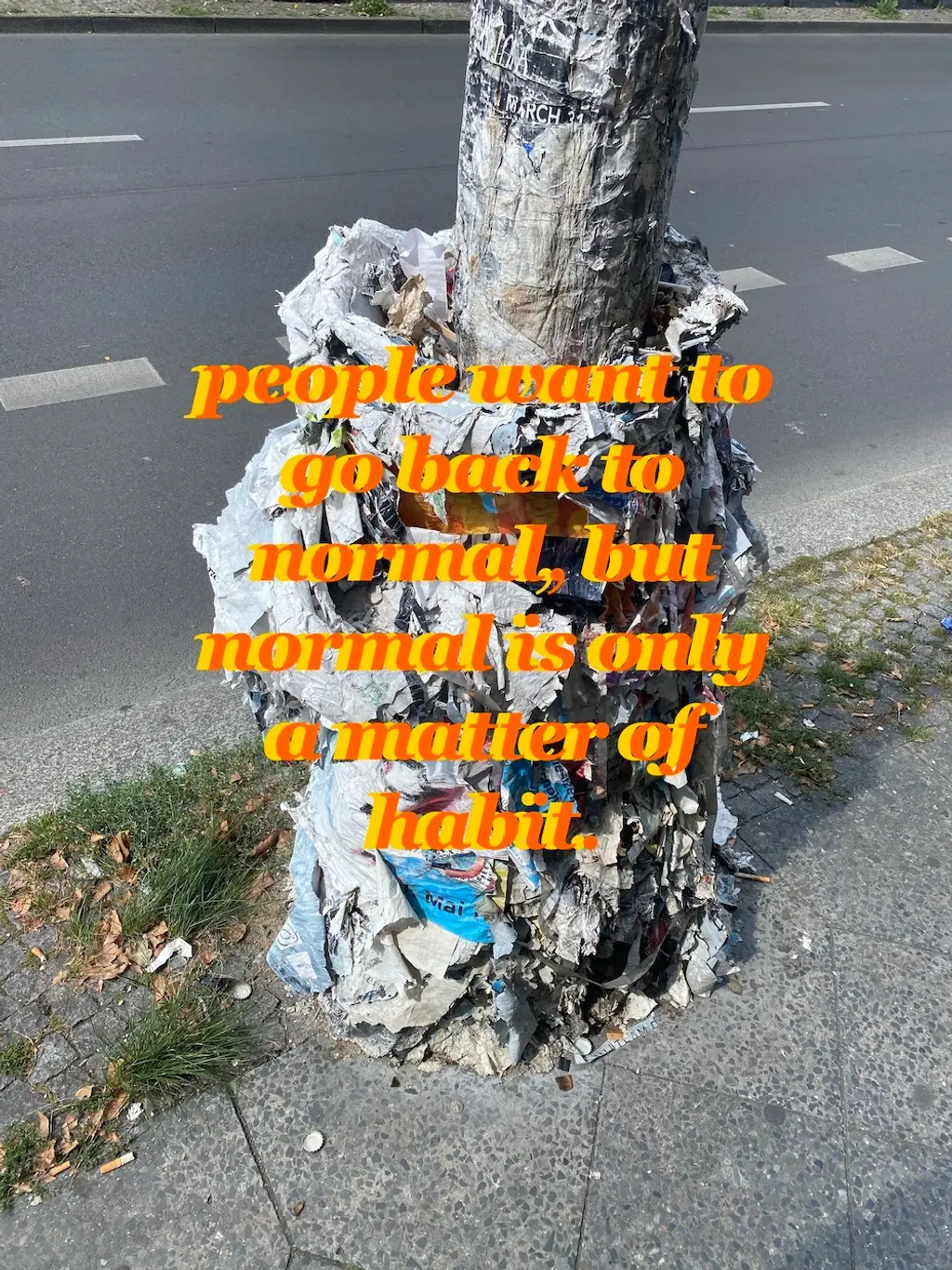
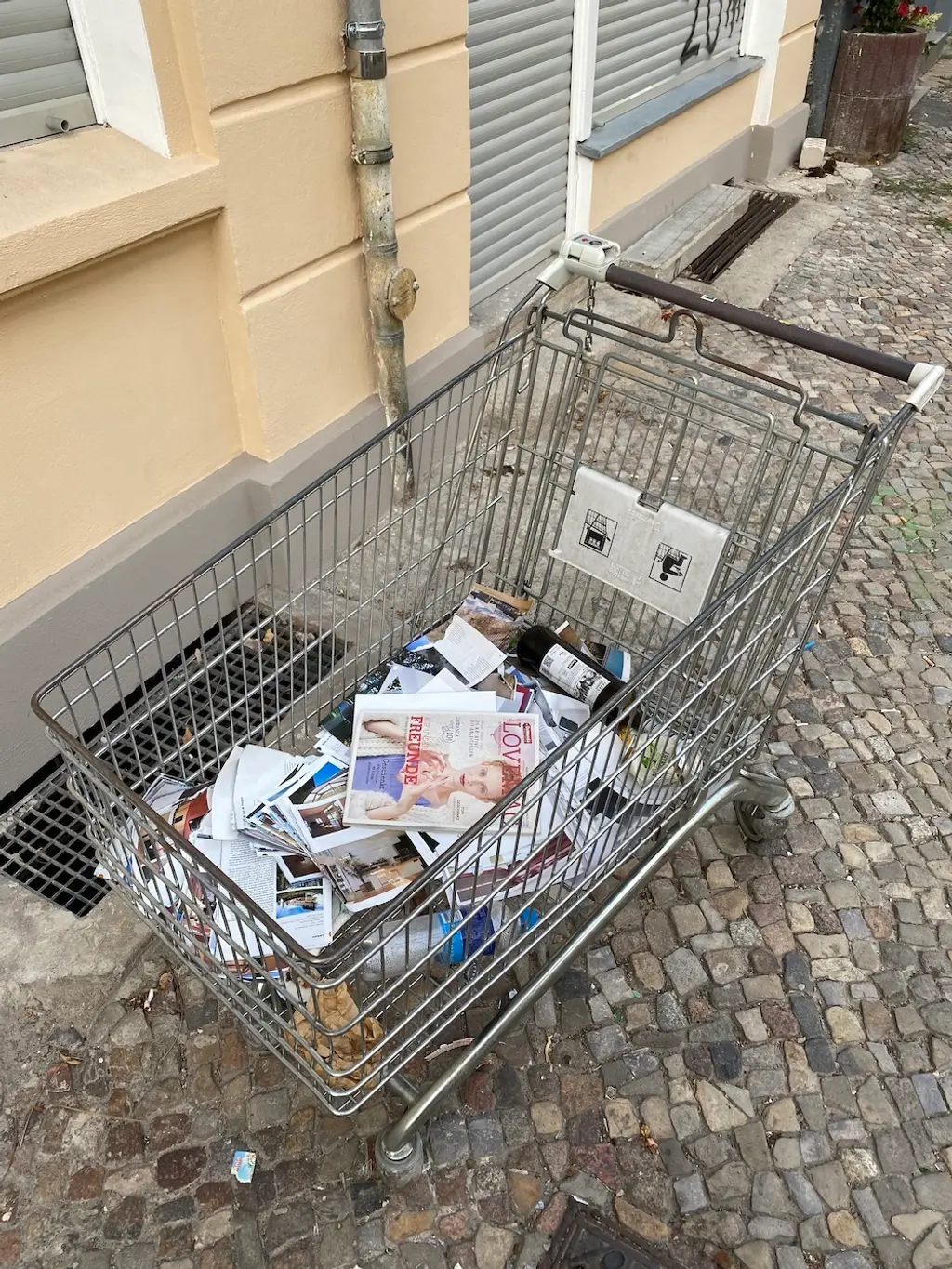
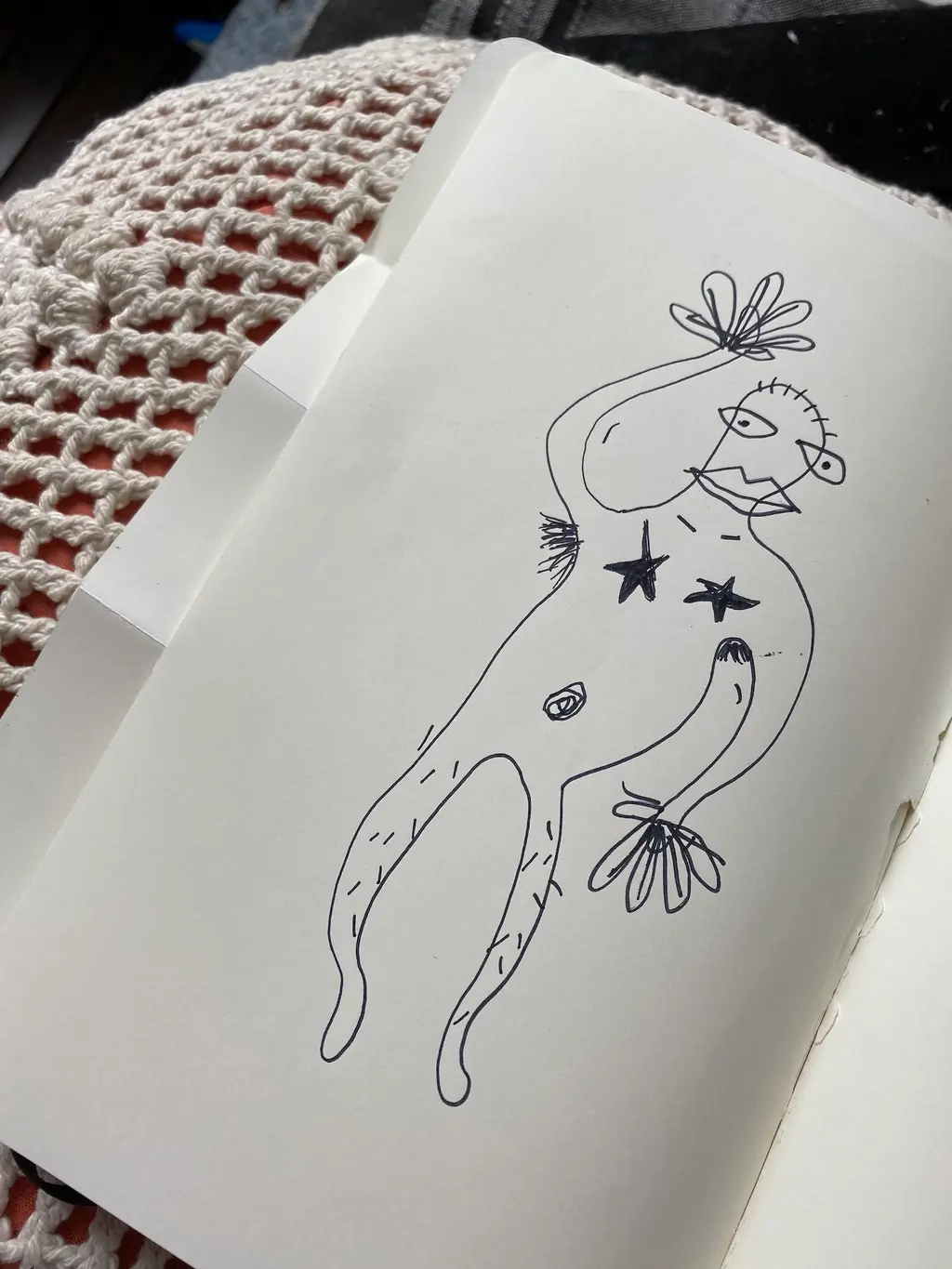
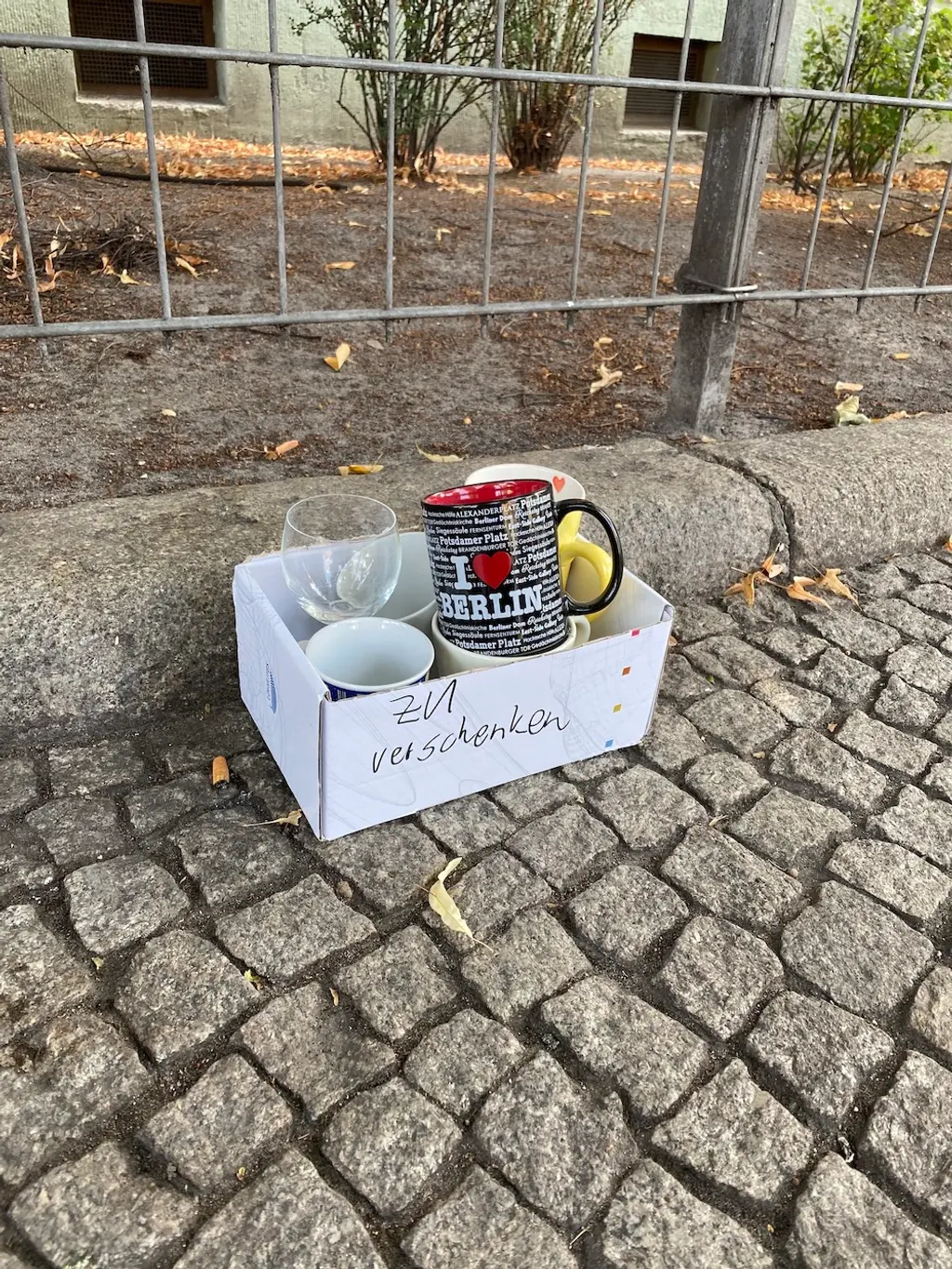
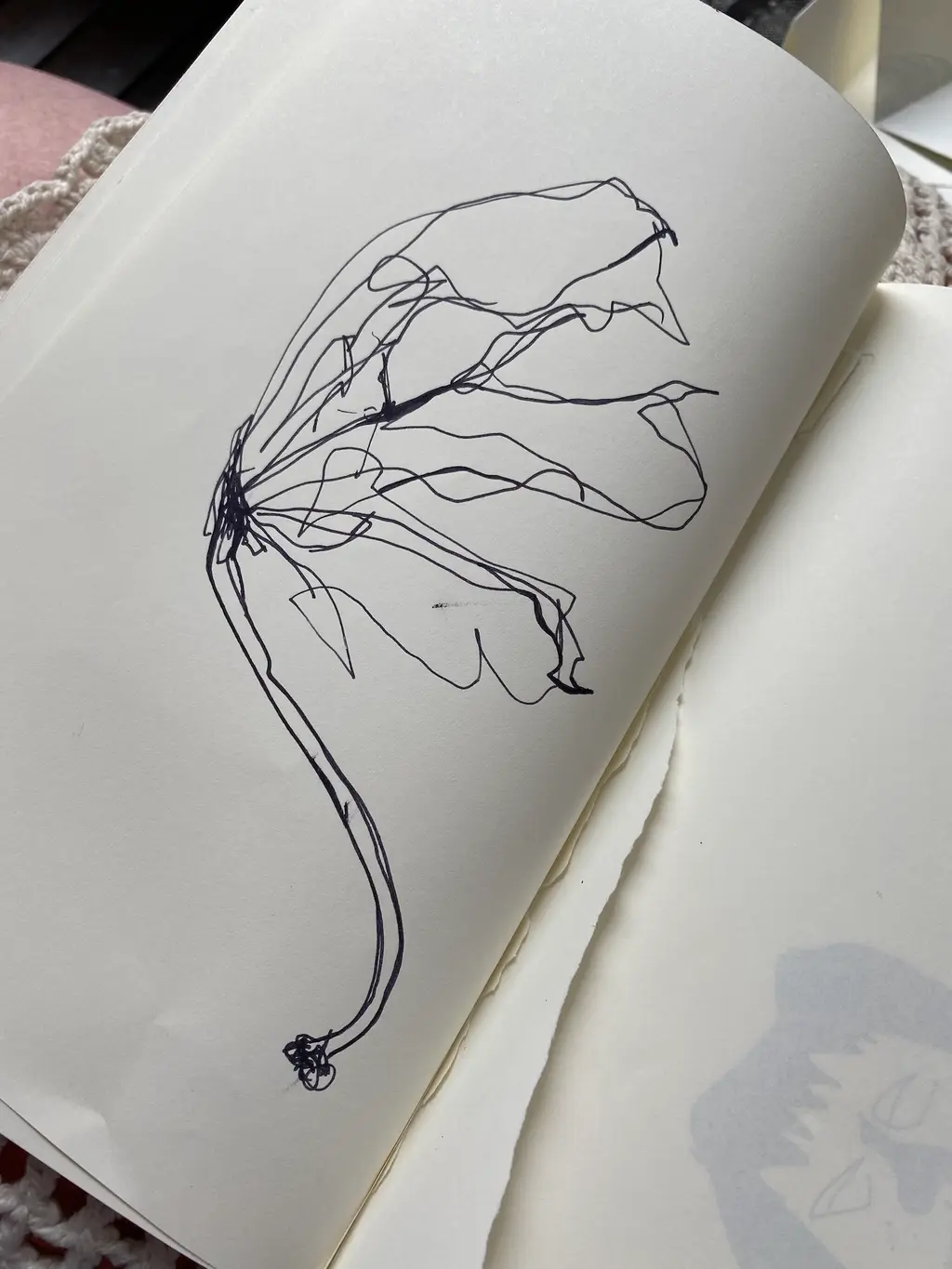
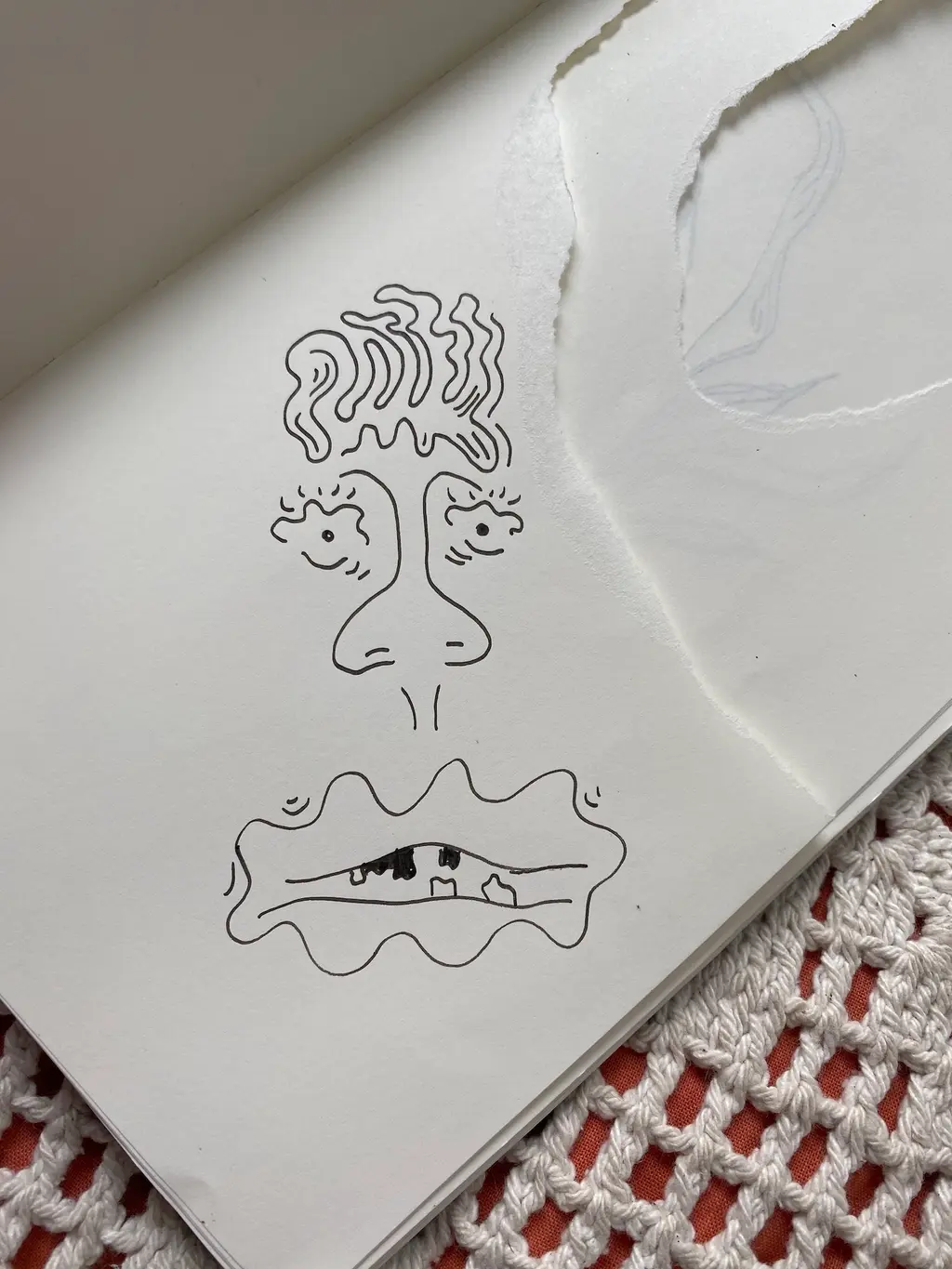
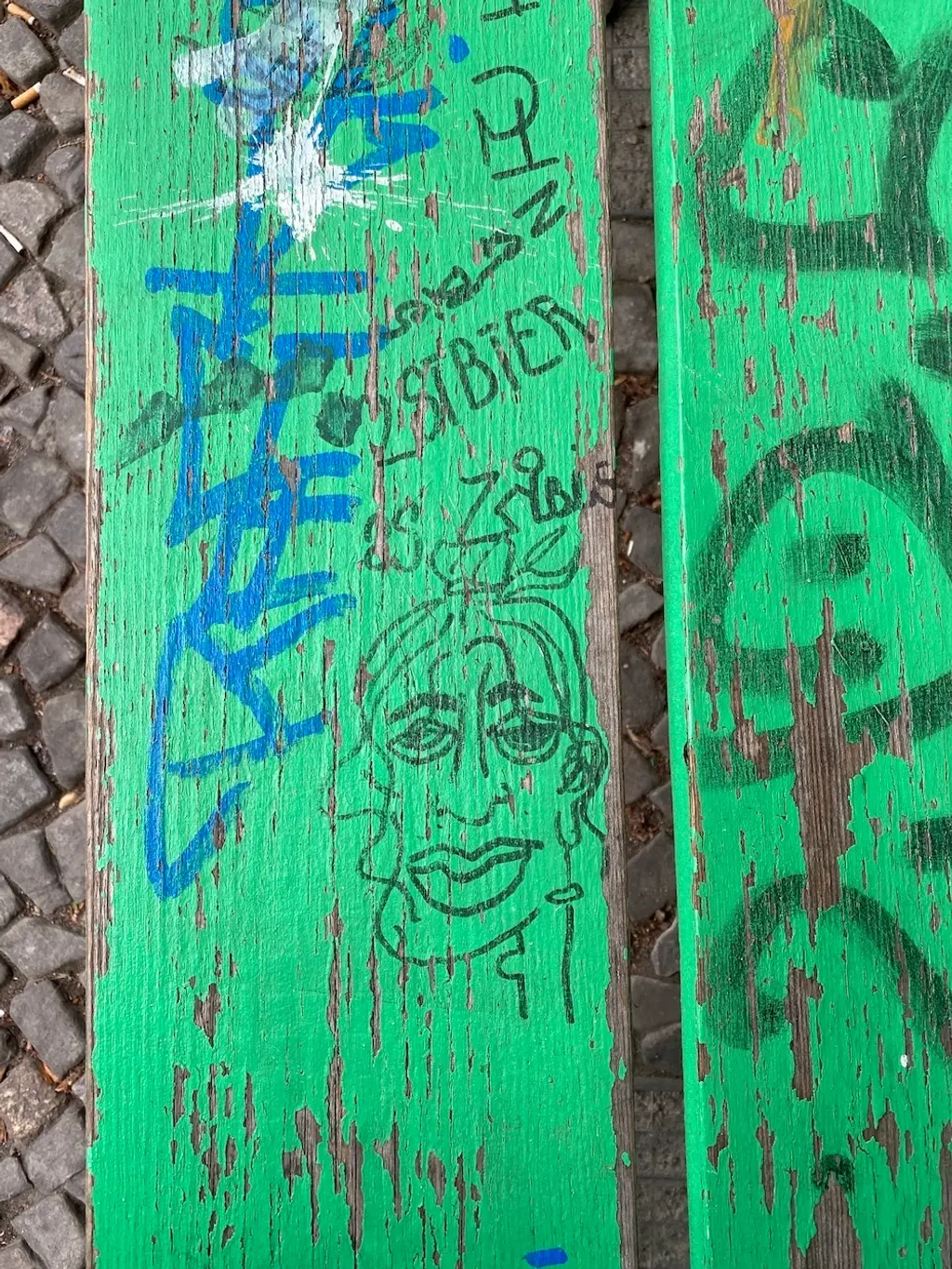
Valence Ojogwu, 20, student, Toronto

Photography by Isabel Okoro
“With work and school being moved online, I’ve had to rethink how to work in a system that already seemed complicated enough. With the virus not letting up, schools still have to plan for the future, and the new year start in September is going to be super different. With the confirmation of classes being online, with nothing being said about in-person classes, it’s only normal to feel some anxiety around this new form of learning.” Click to see a video of Valence’s morning routine.
Naim Hussain, 21, amateur MMA fighter, Manchester

Photography by Michael Mayren
“The Pandemic has changed my daily routine as the gym and other places were closed. I had to do all my training at home. Also, being Muslim, the mosque was closed as well, so I had to do my prayers at home. Quarantine made me think differently about the way I was living. It made me think about life more and how I wanted to do more than just MMA. I started my TikTok account and got 28 million views on one video. That gave me motivation to light up an old flame in wanting to do something in the entertainment business as well as doing MMA.”
George Blackburn, 21, games console repairman, Margate

Photography by Maxwell Tomlinson
“I fix and sell Nintendos. At the moment it’s a bit tough. I didn’t get furloughed, I just got fired. I know so many people who have got OnlyFans now and people are living off that. One of my friends was selling cakes on Facebook marketplace. Some of my friends have been taking trolleys of food around the park to sell. Everyone’s creating new ways of earning money because you have to – you’ve got to adapt.”
Liza Bilal, 21, student and activist, Bristol

Photography by Dean Davies
“The pandemic has held a mirror up to so many structures in our society that do nothing but serve the elite class. Being a Black person and witnessing the disproportionate deaths of fellow Black and brown people in this country, due to systemic racism, has been heartbreaking and emotionally exhausting. Furthermore, watching the government fail our nurses and other essential workers during this period has been eye-opening for so many Britons – and in such a way that I don’t think we can ever return to pre-pandemic practice and thought.” Click to see Liza’s photographs from the BLM protests.
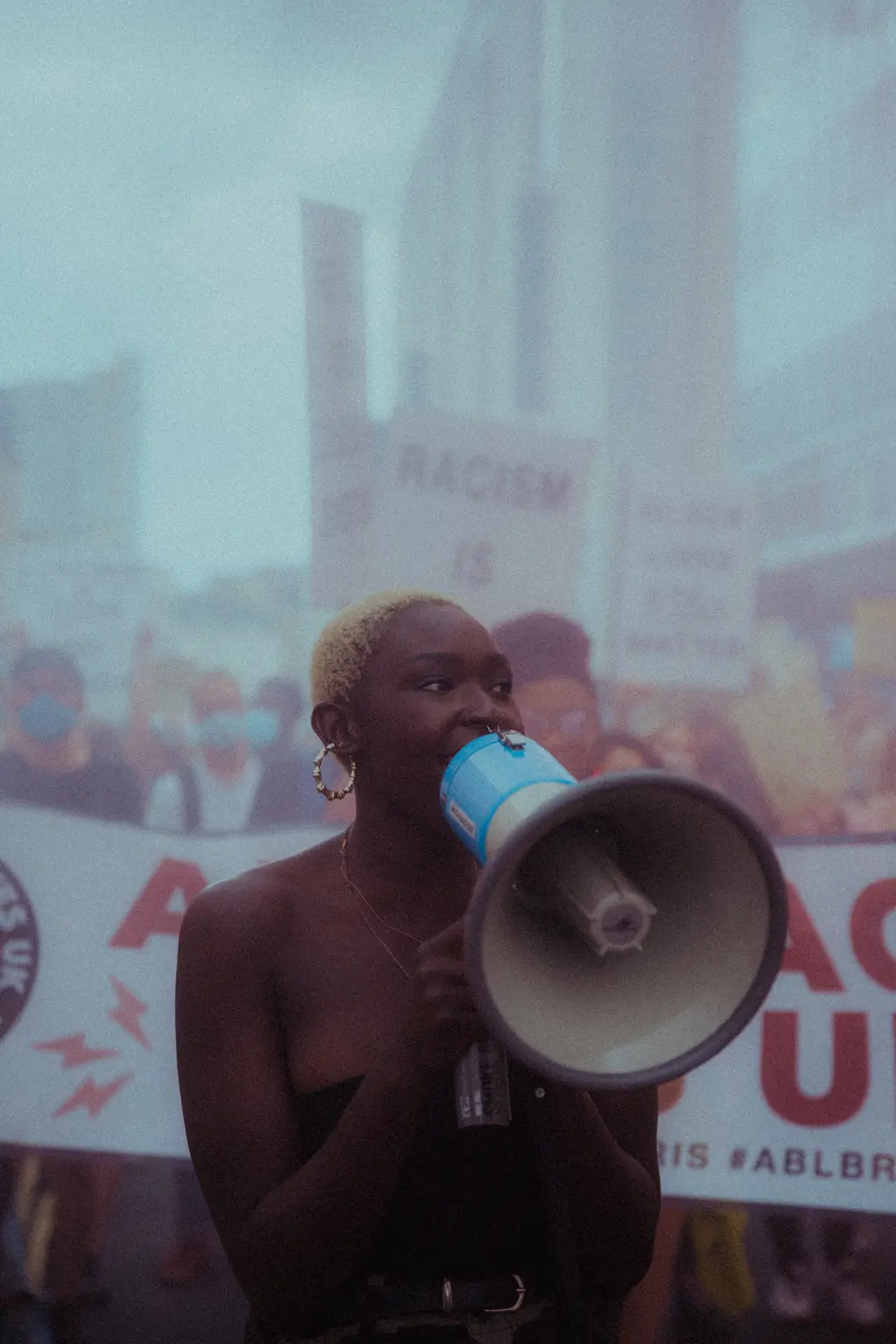
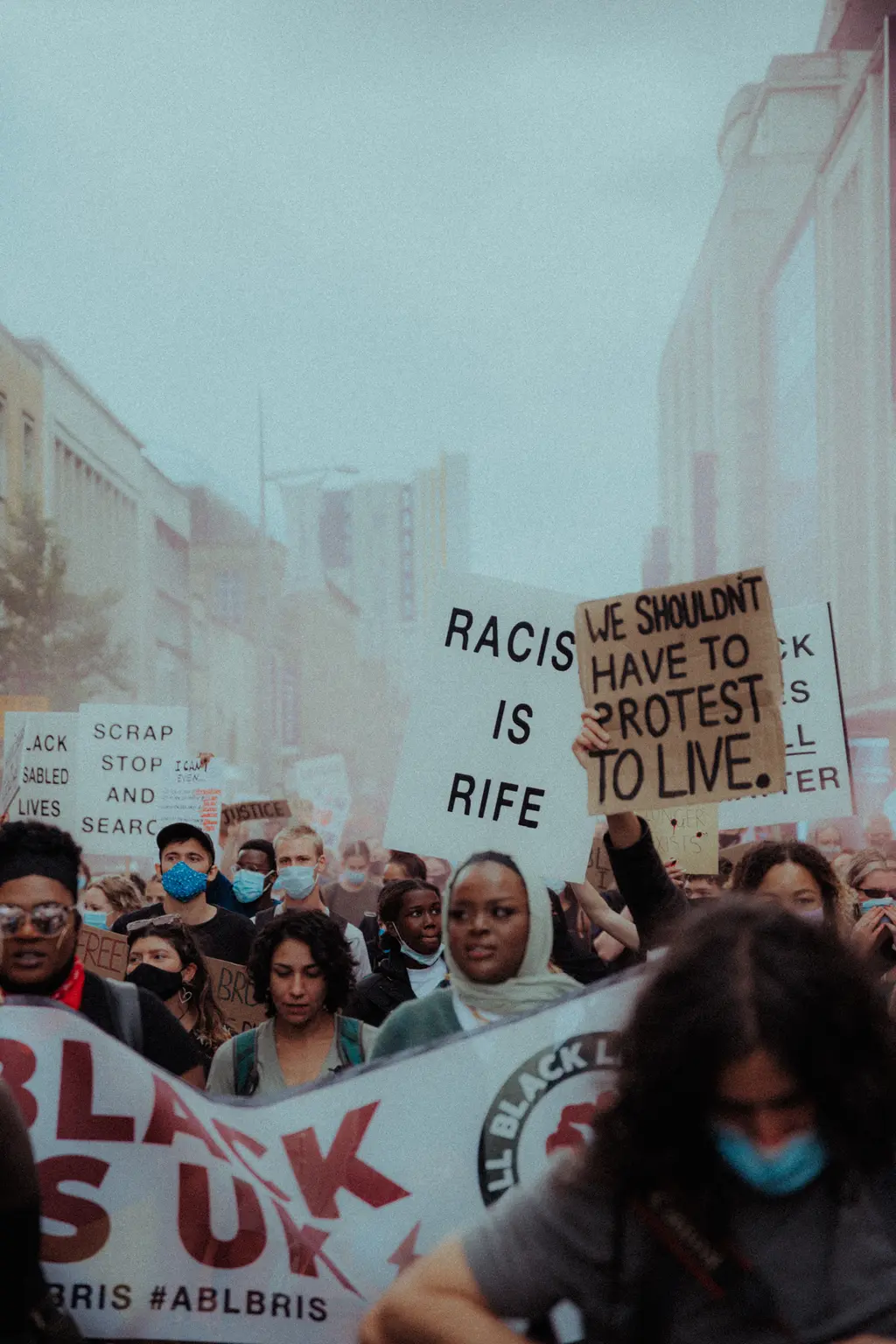
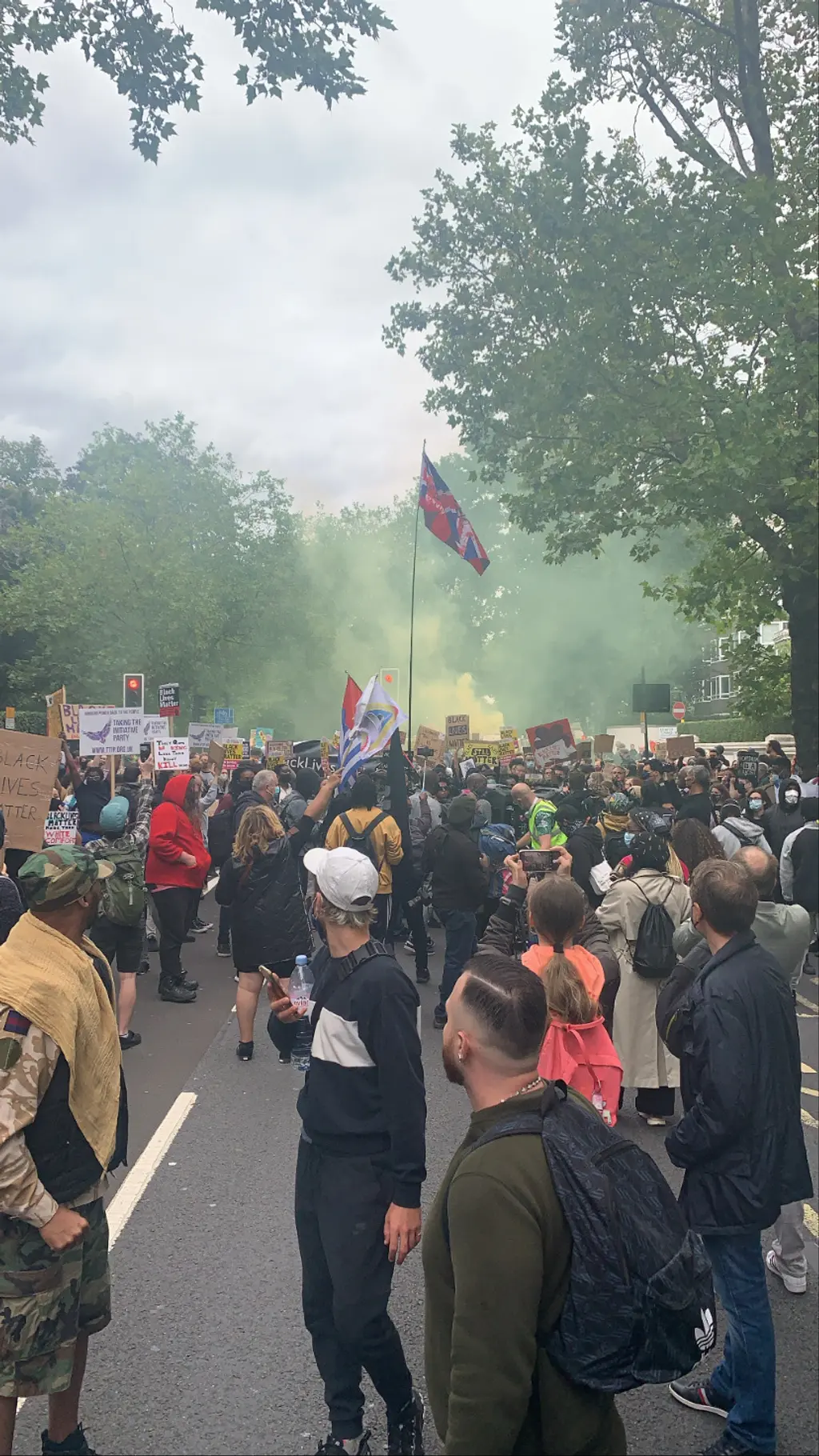
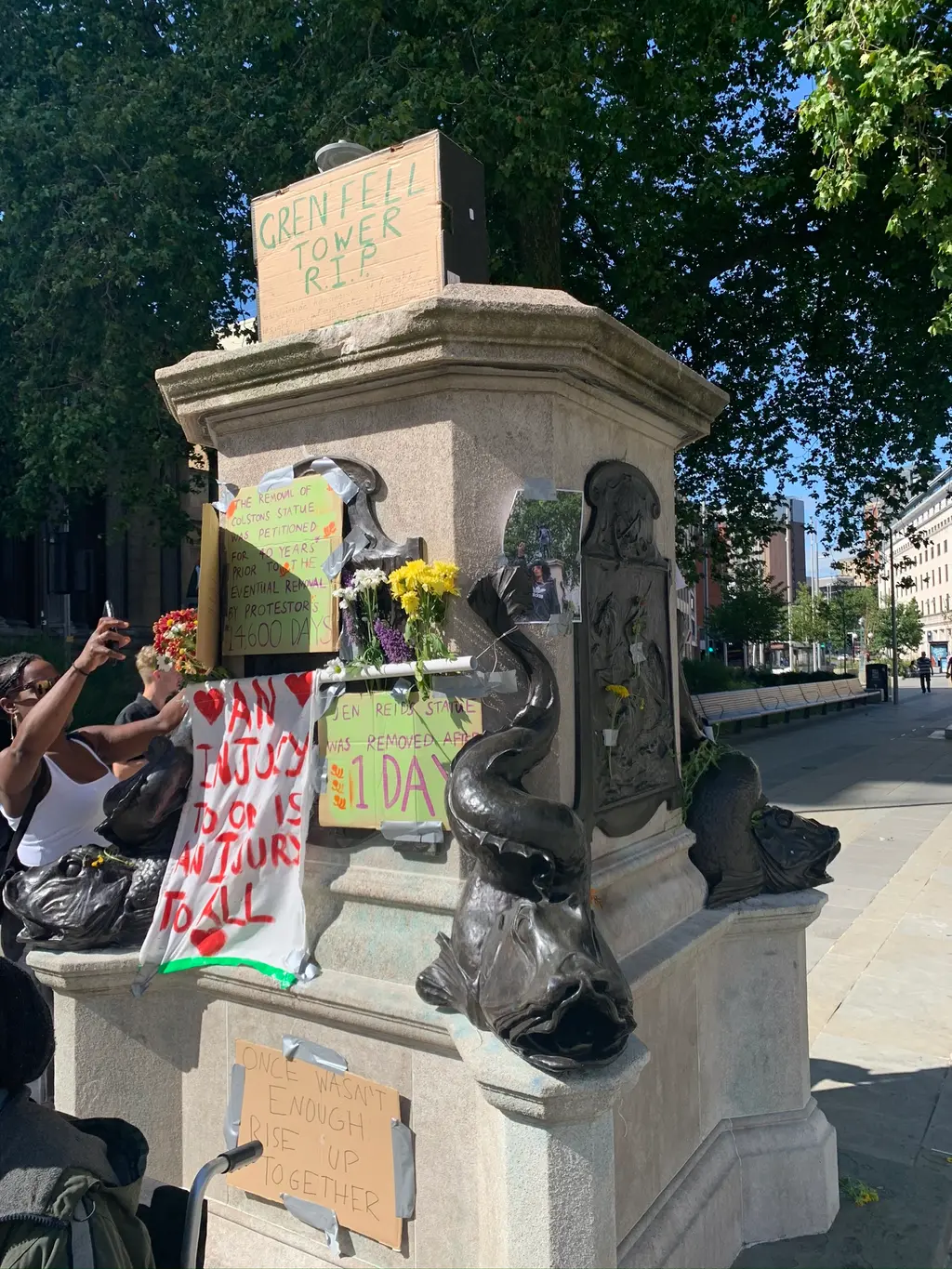
Benjamin Ankomah (BnnyHunna), 22, musician, Amsterdam

Photography by Nick van Tiem
“I think that every musician’s work ethic is being tested in these times. It also creates a bit of division amongst musicians – the people who adapt and move on, and the people who panic and get stuck behind. I’m not gonna lie: at first I was freaking out. But after a week or two I started writing a lot, working from home.”
Juno Son, 27 writer, designer & model, Seoul

Photography by Dasom Hahn
“Due to the government’s restrictions the time for hanging out with friends is very reduced, and I spend most of the time at home with my two cats. I watch lots of movies, spend my time cleaning up, hanging out with the pets and doing my own work. Economically, I’m realising that it’s affected every market badly. It even made the fashion industry do shows without crowds, so I hope things go back to how they were. But I’m also learning and find it surprising how people react and deal with things.” Click for a snapshot of a day in Juno’s shoes.
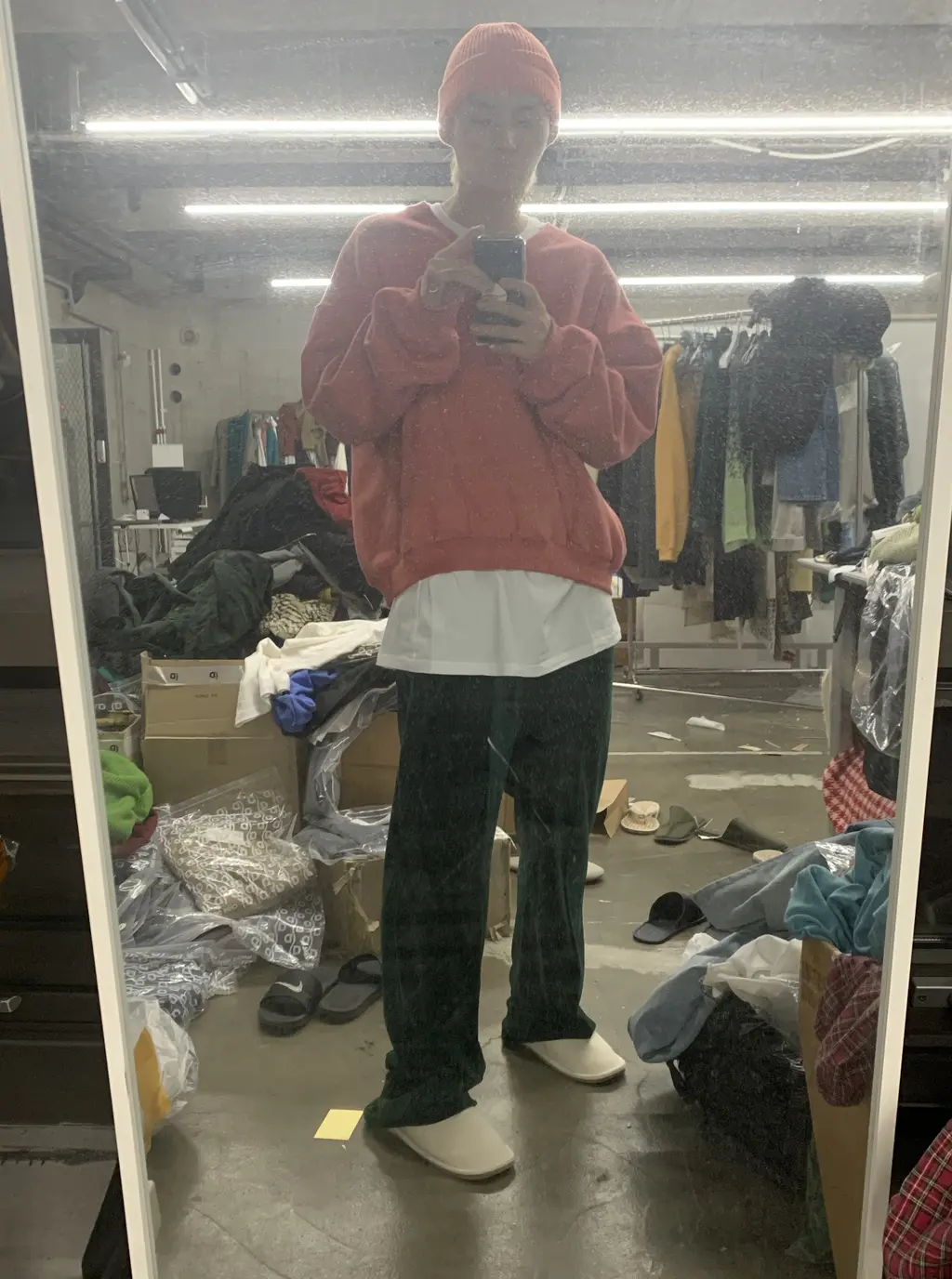
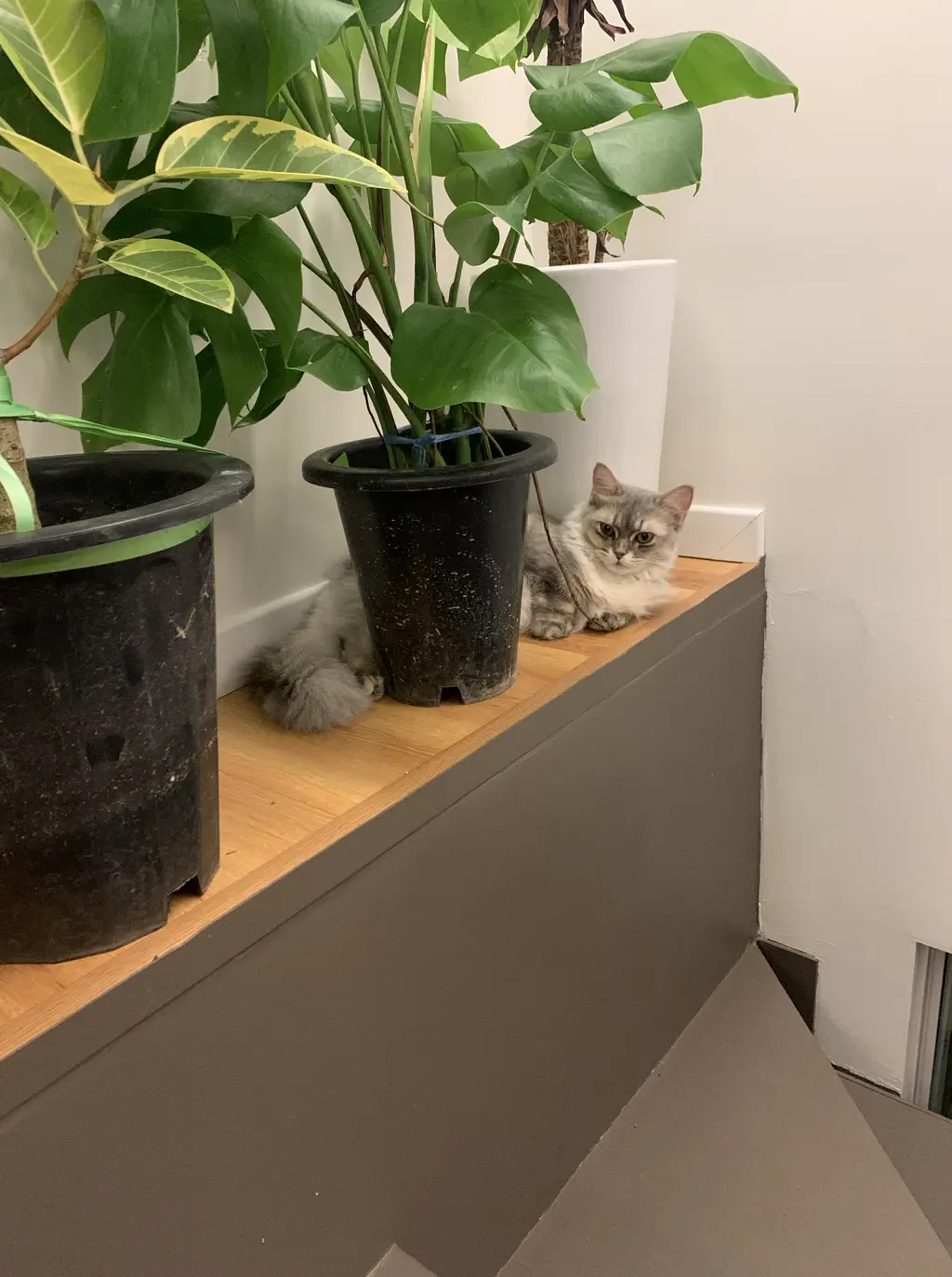
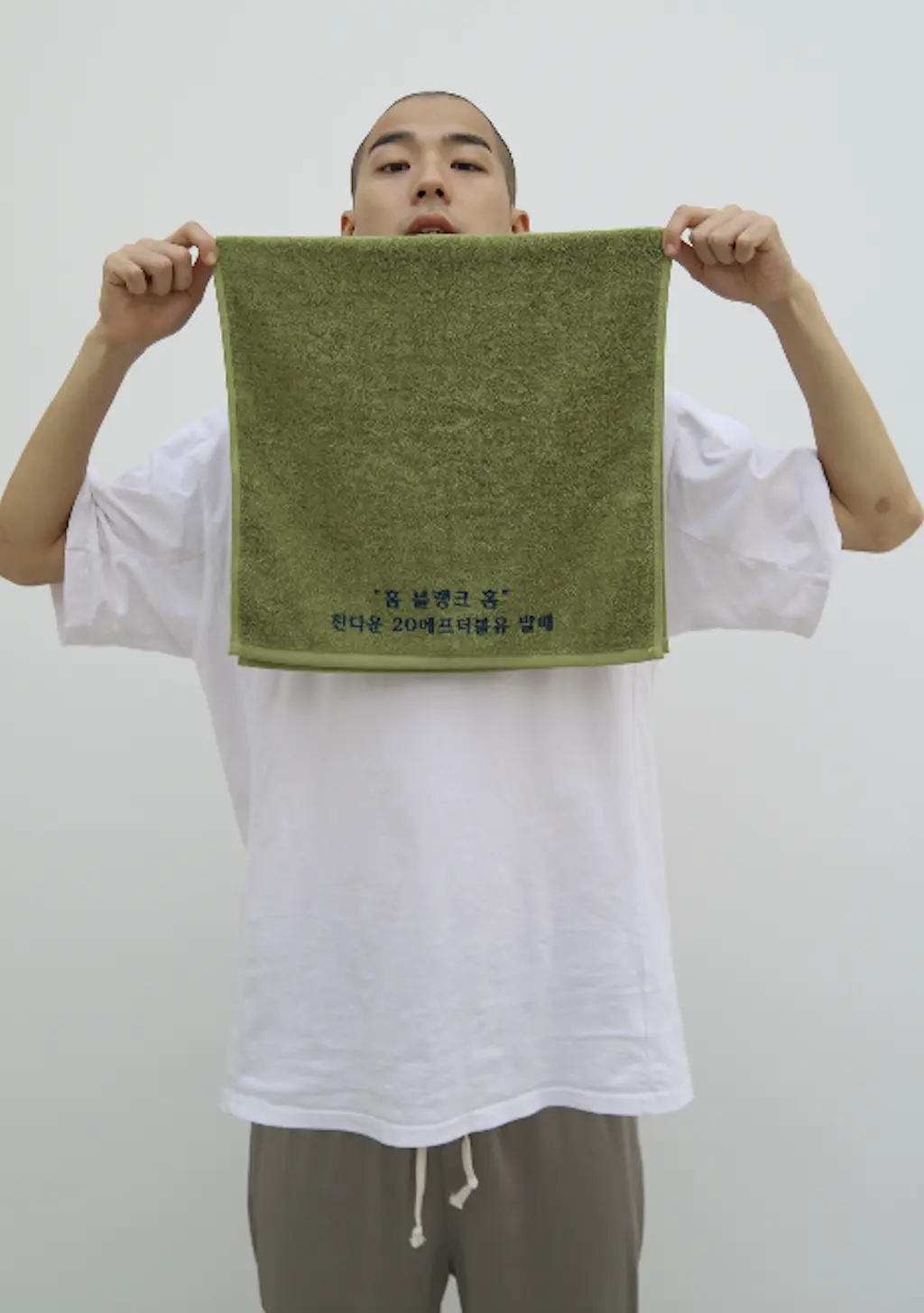
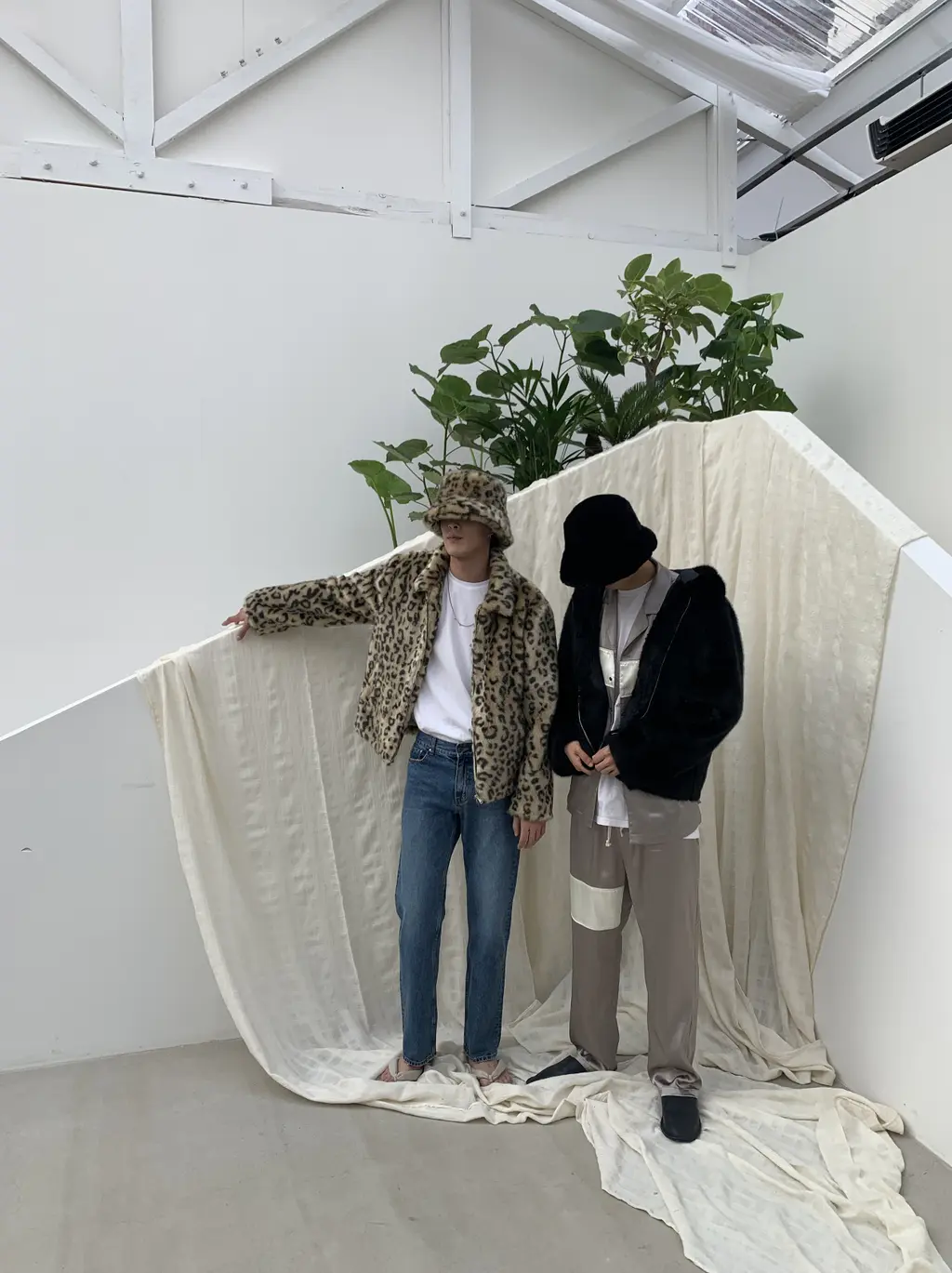
Isak Sallah, 22, former car factory employee, Gothenburg

Photography by Eric Gustafsson
“The pandemic has affected me in a good and bad way. One of the reasons is that I’m more close to my family than ever and I don’t take anything for granted anymore because I’ve lost my job. I used to work in the Volvo factory, but the car industry has been affected really hard. Not many people want to order cars under the pandemic. It has also given me a new overview of life as I can be here today with my family and friends, but tomorrow it’s not promised that I will still be here.” Click to see Isak’s Gothenburg’s diary.
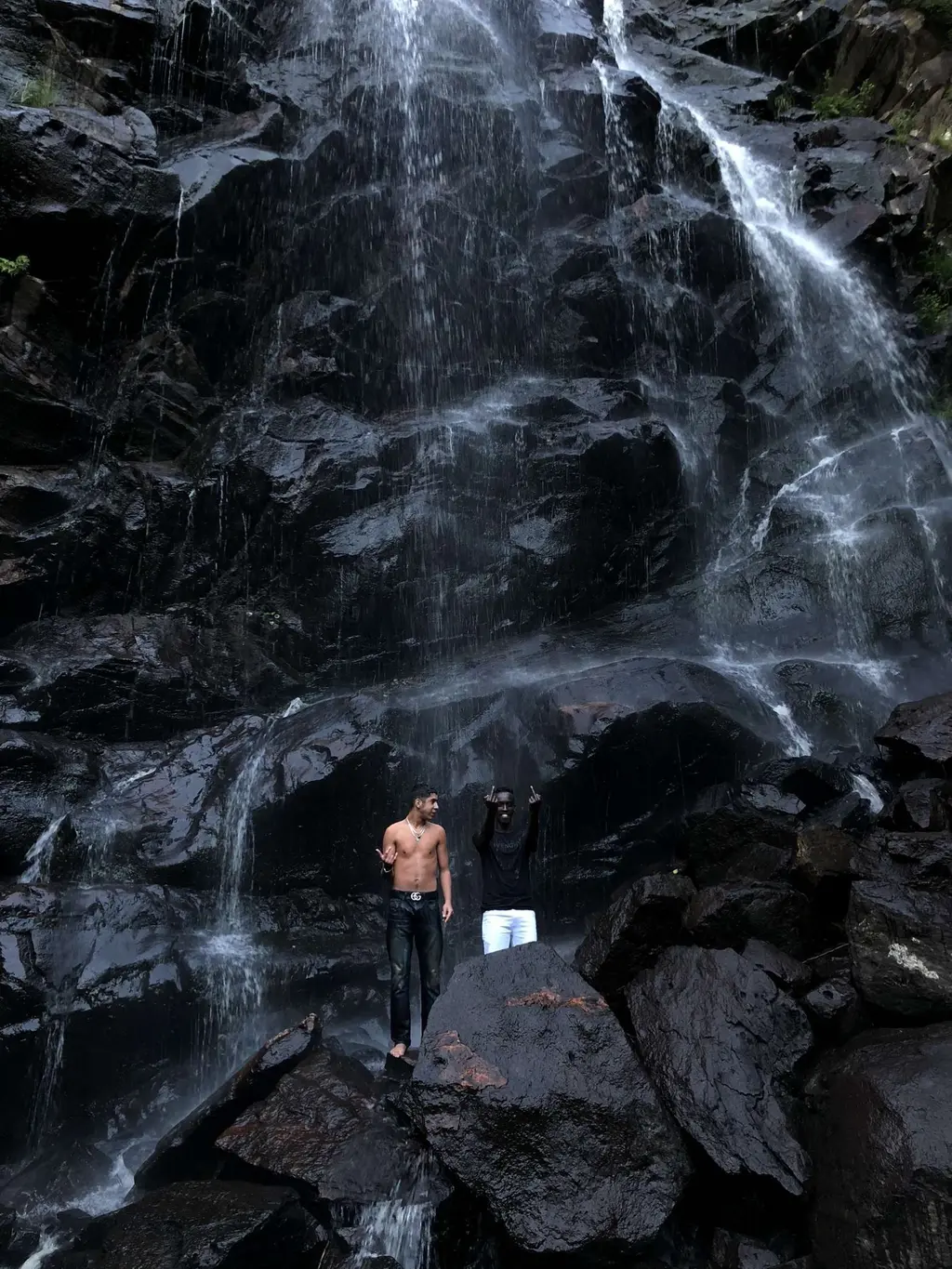
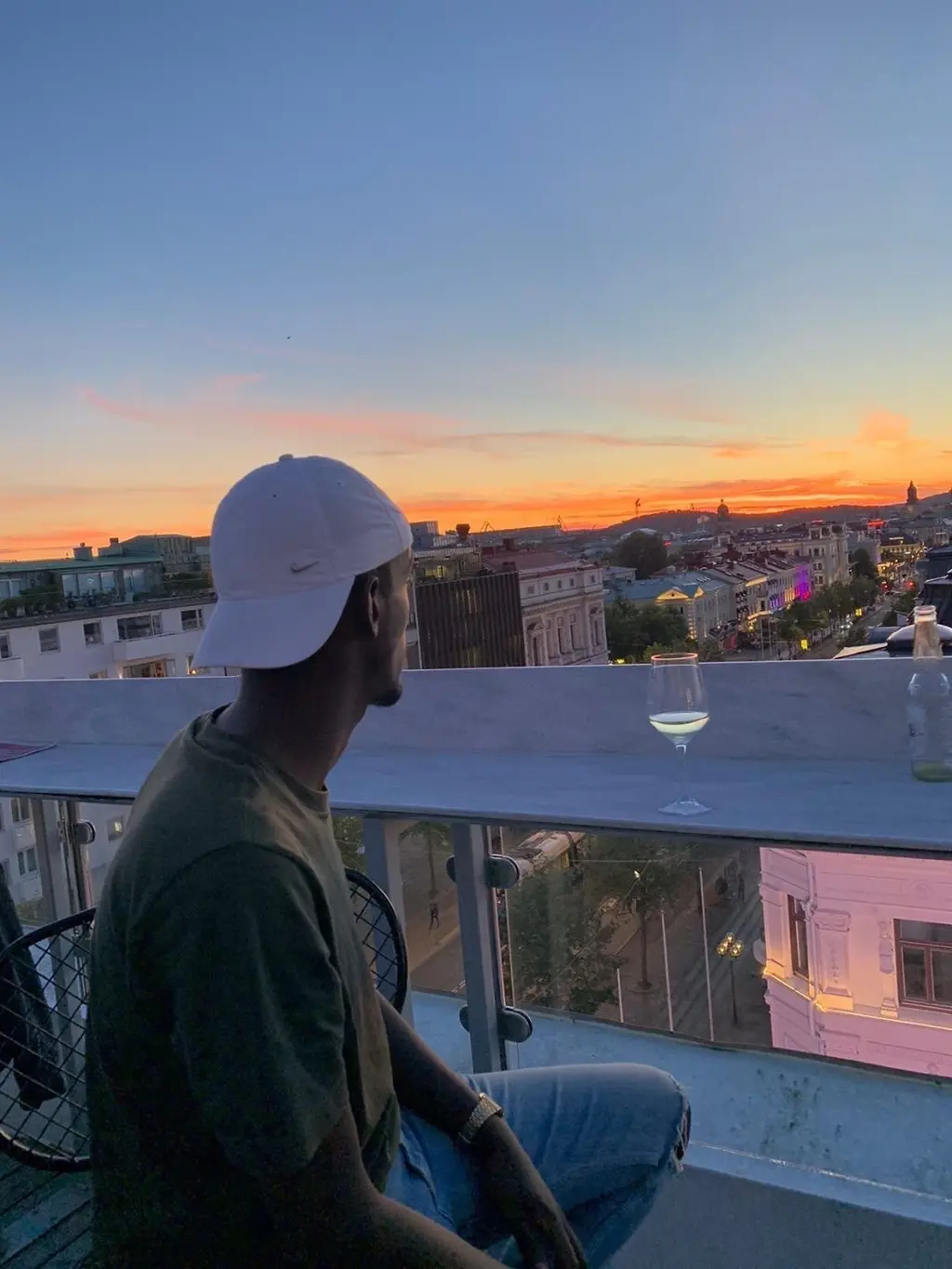
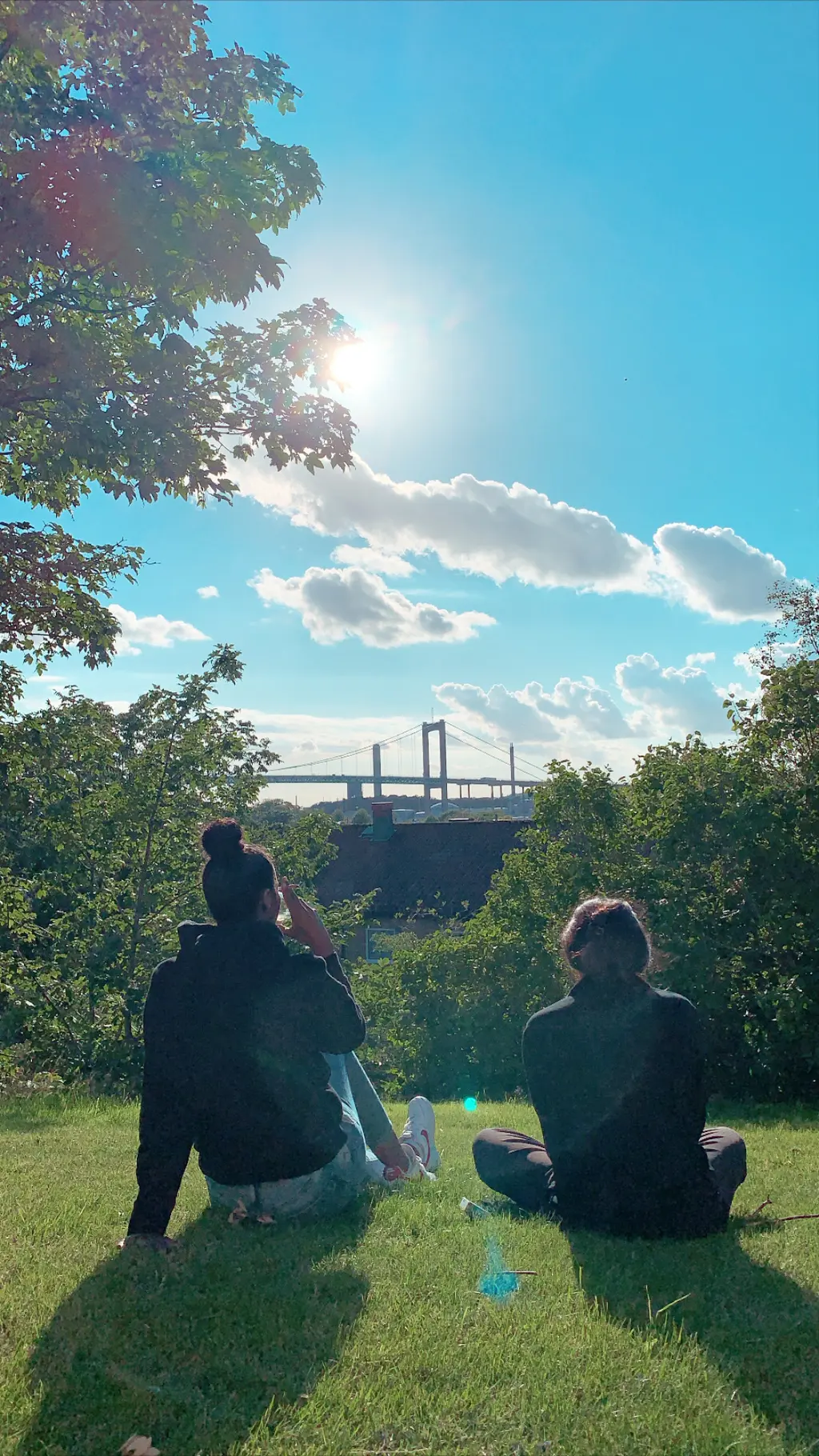
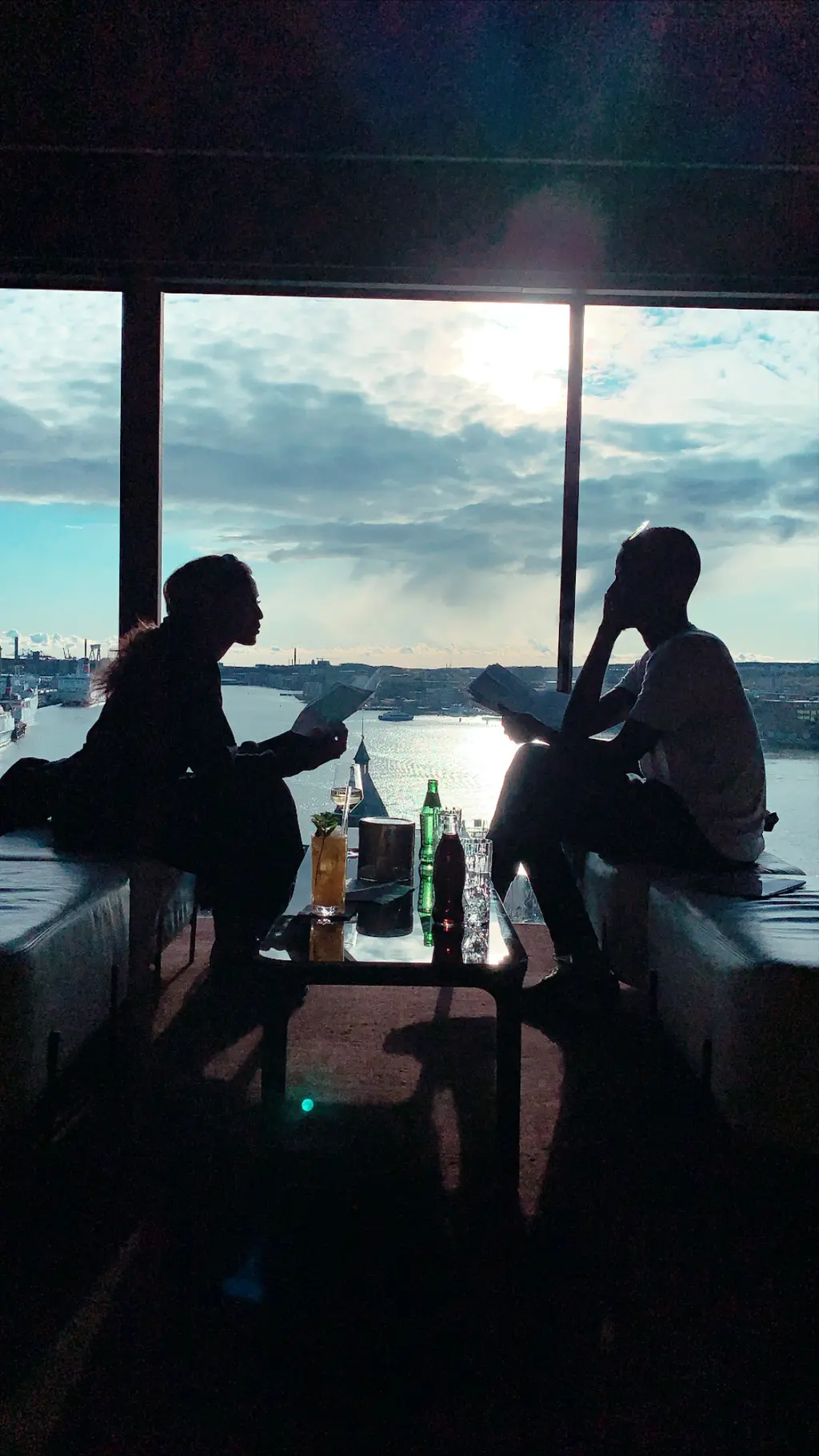
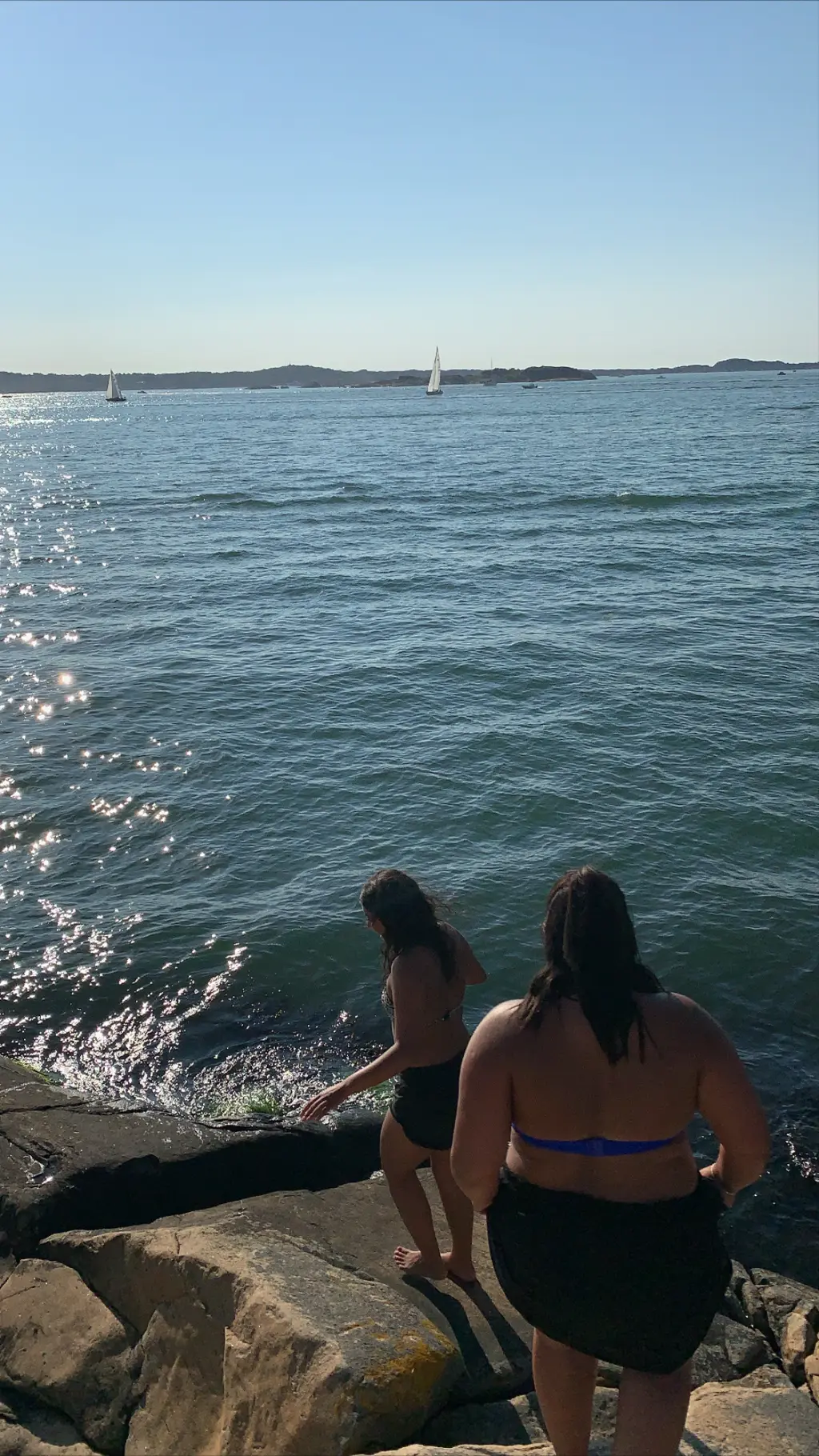
Daberechi Ukoha-Kalu, 21, model, writer, coder & artist, Lagos

Photography by Manny Jefferson
“The pandemic put everything I had planned on pause. Growing up in Lagos and having spent the last three years living as a model, I’ve grown accustomed to moving really quickly, so watching everything go still was interesting. I had some trouble settling into the stillness and balancing the weight of the uncertainty, but I’ve had to learn. I spent most of my quarantine period with my family and we hadn’t been in the same space for a long time. So it definitely brought us closer together. That’s one thing I really appreciate.”
Shen Jinghao, 25, artist, Shanghai

Photography by Feng Li
“I’ve just started my graduate course. The pandemic has put all my learning online. I’m slowly adapting to this change, but when the pandemic improves, I’ll resume my offline creative practice. I believe art is a subject that acts on the senses and relies on practice. The creation and display of art can’t completely be transferred to virtual technology. The pandemic has made me no longer see the future as a utopia. What is important is how to establish a new order suitable for the new normal.” Click to see Shen’s Shanghai diary.
Mercedes de Uña, 28, fashion stylist, La Coruña

Photography by Santi di Hita
“In the beginning everything came to a stop, then an outburst of ideas started. I believe the same is happening in the rest of the industry – people are adapting to the circumstances. I’ve seen a growth in online sales, and the start of new ways of collaborating. I hope that we don’t forget all we have learnt and that we use it for good in all aspects of our lives. A problem is an opportunity to give your very best.” Click for Mercedes’ summer diary.
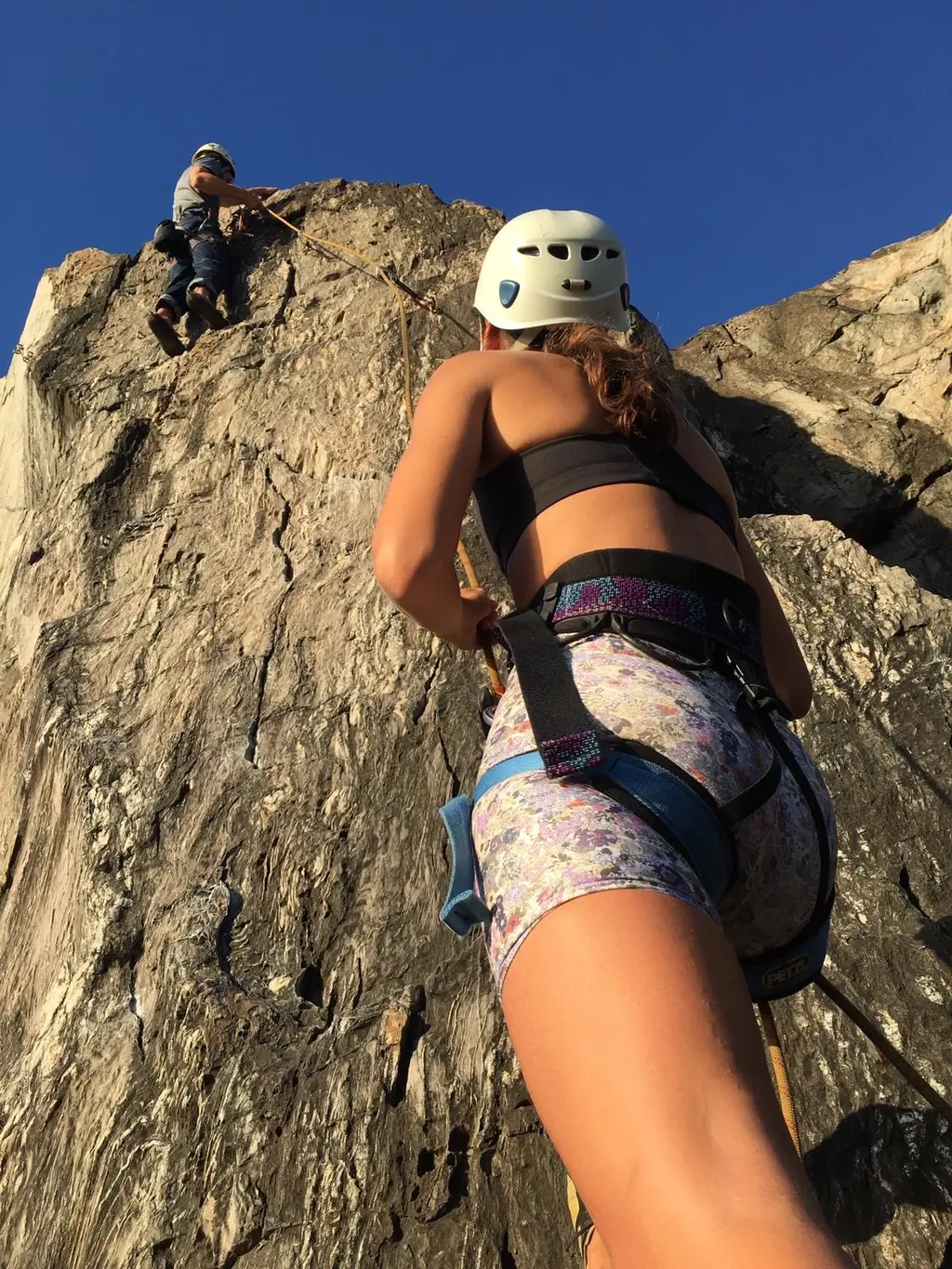
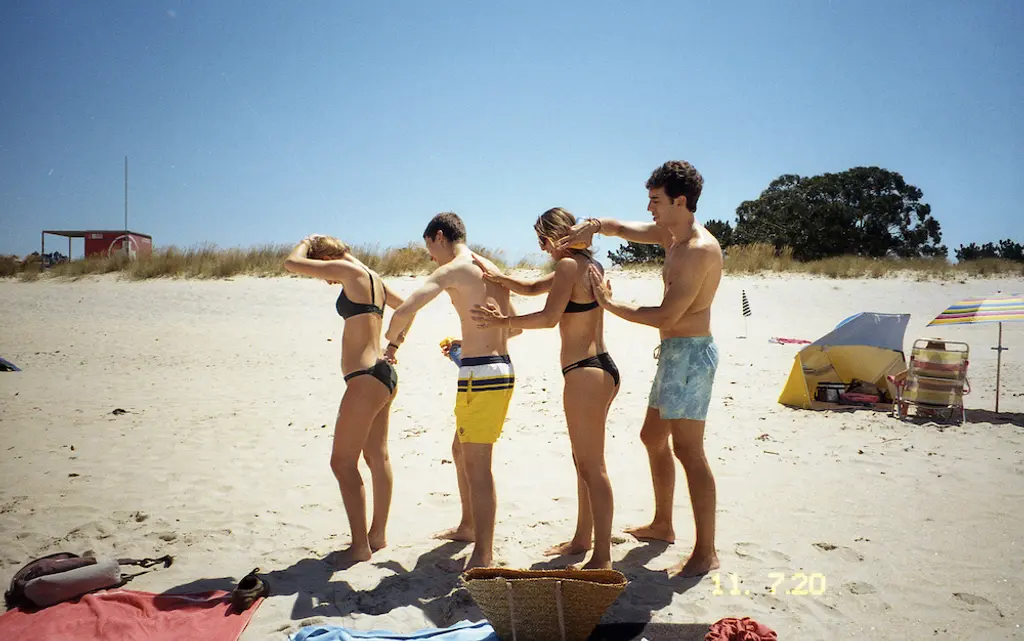
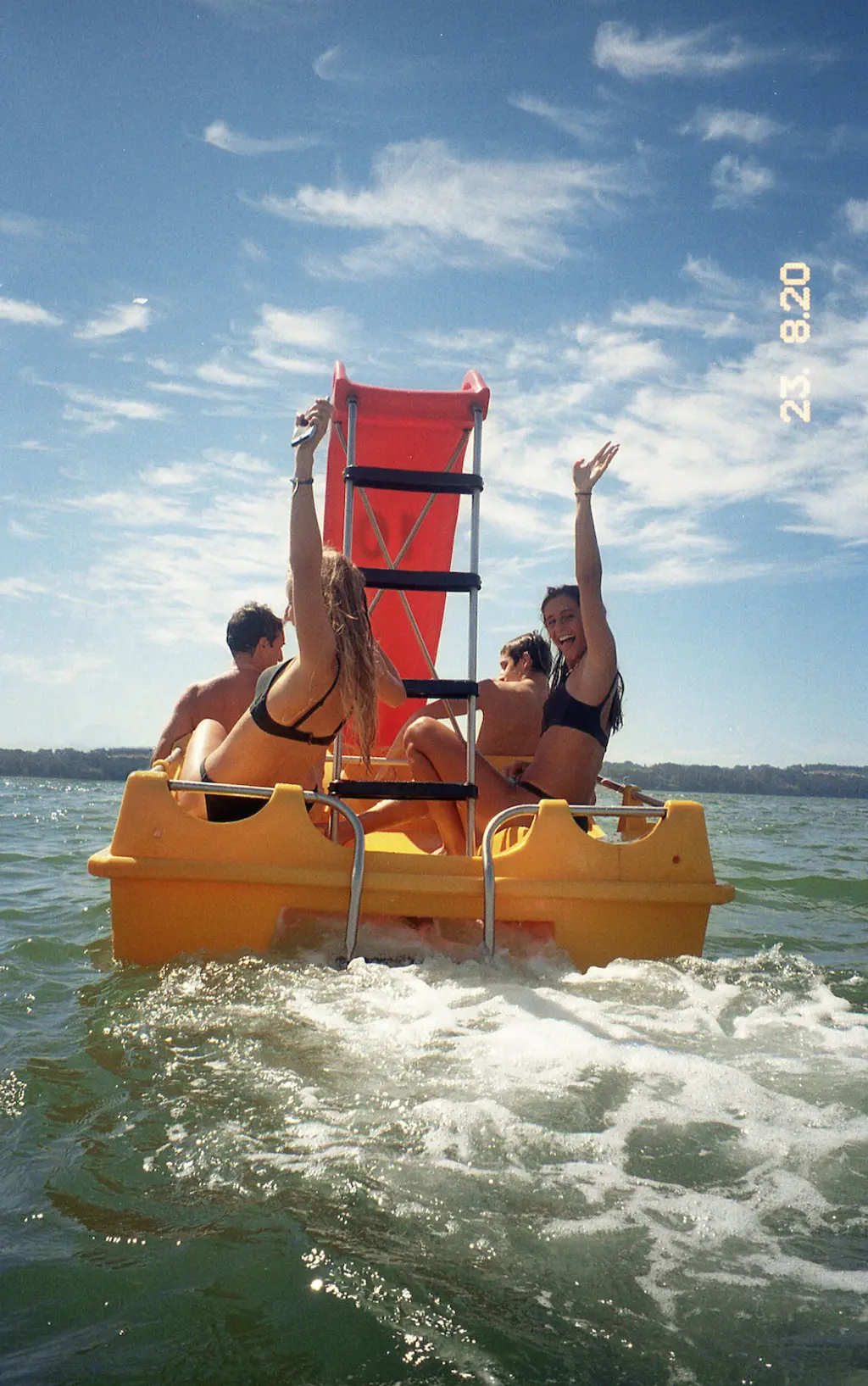
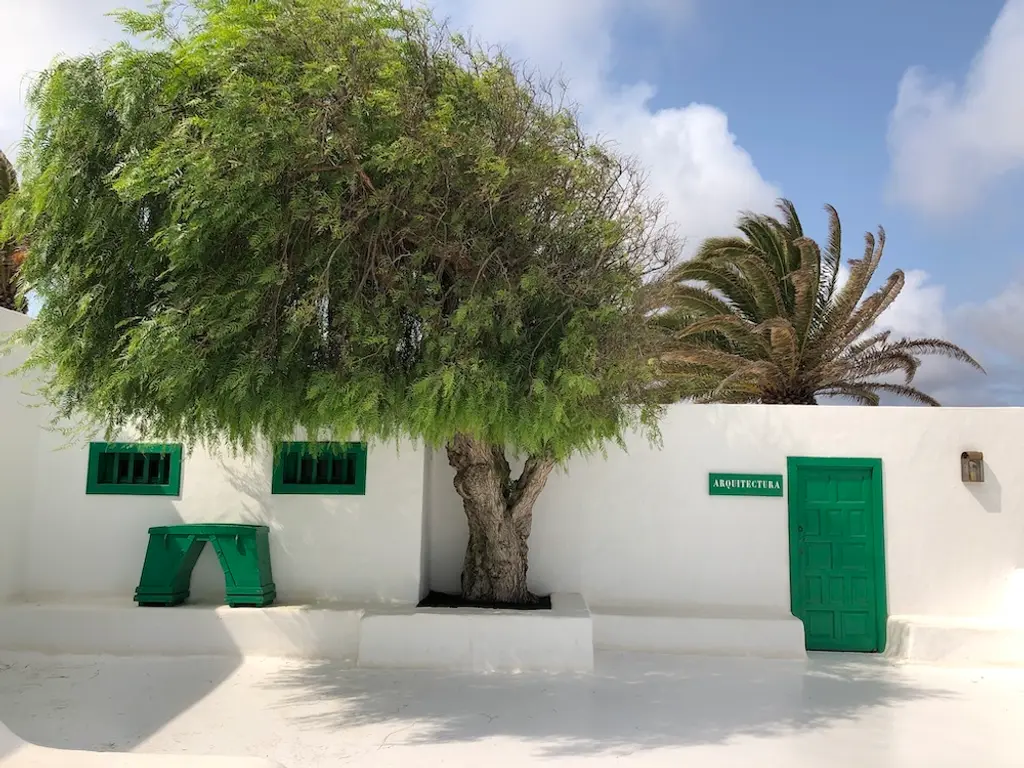
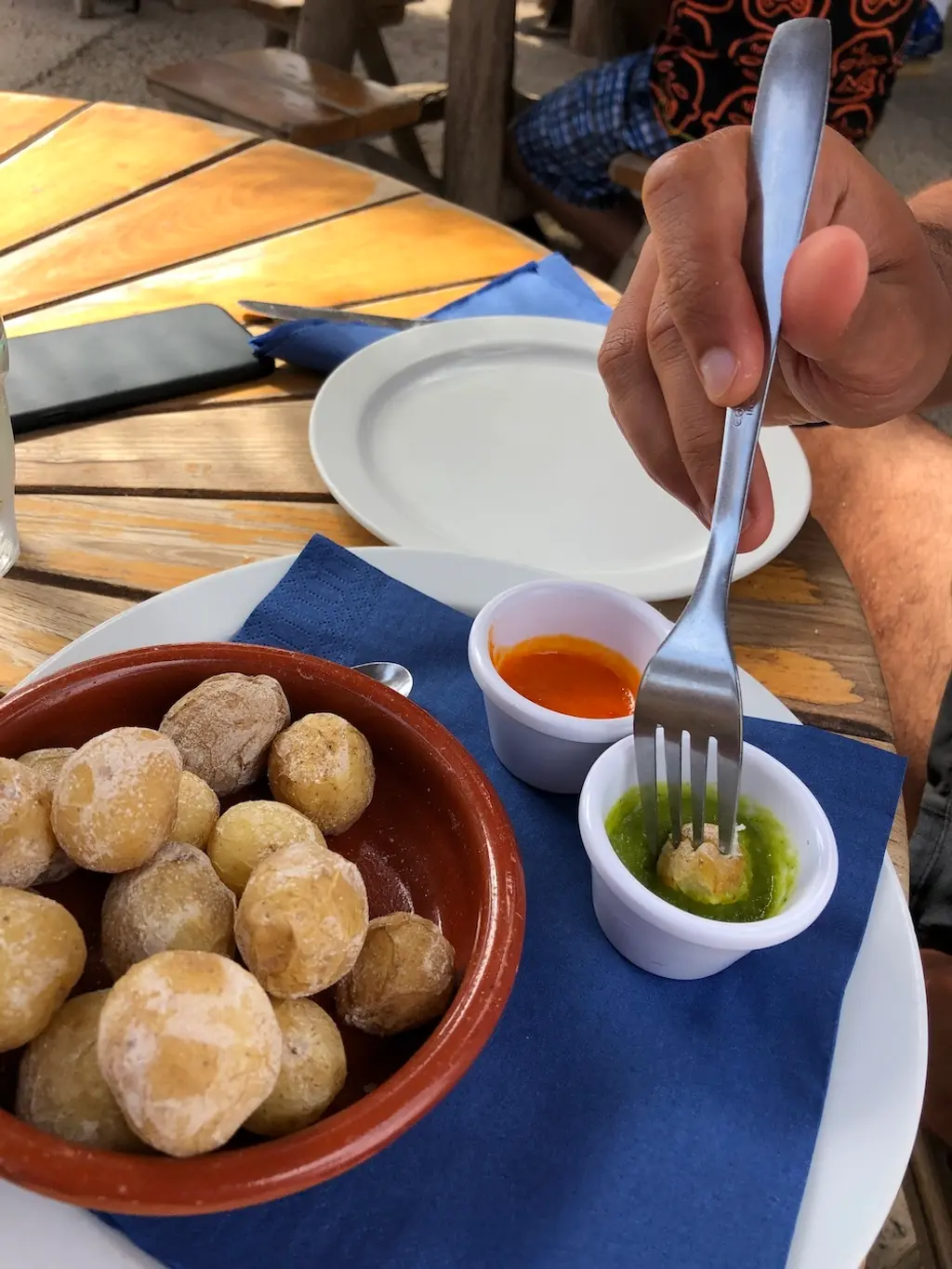
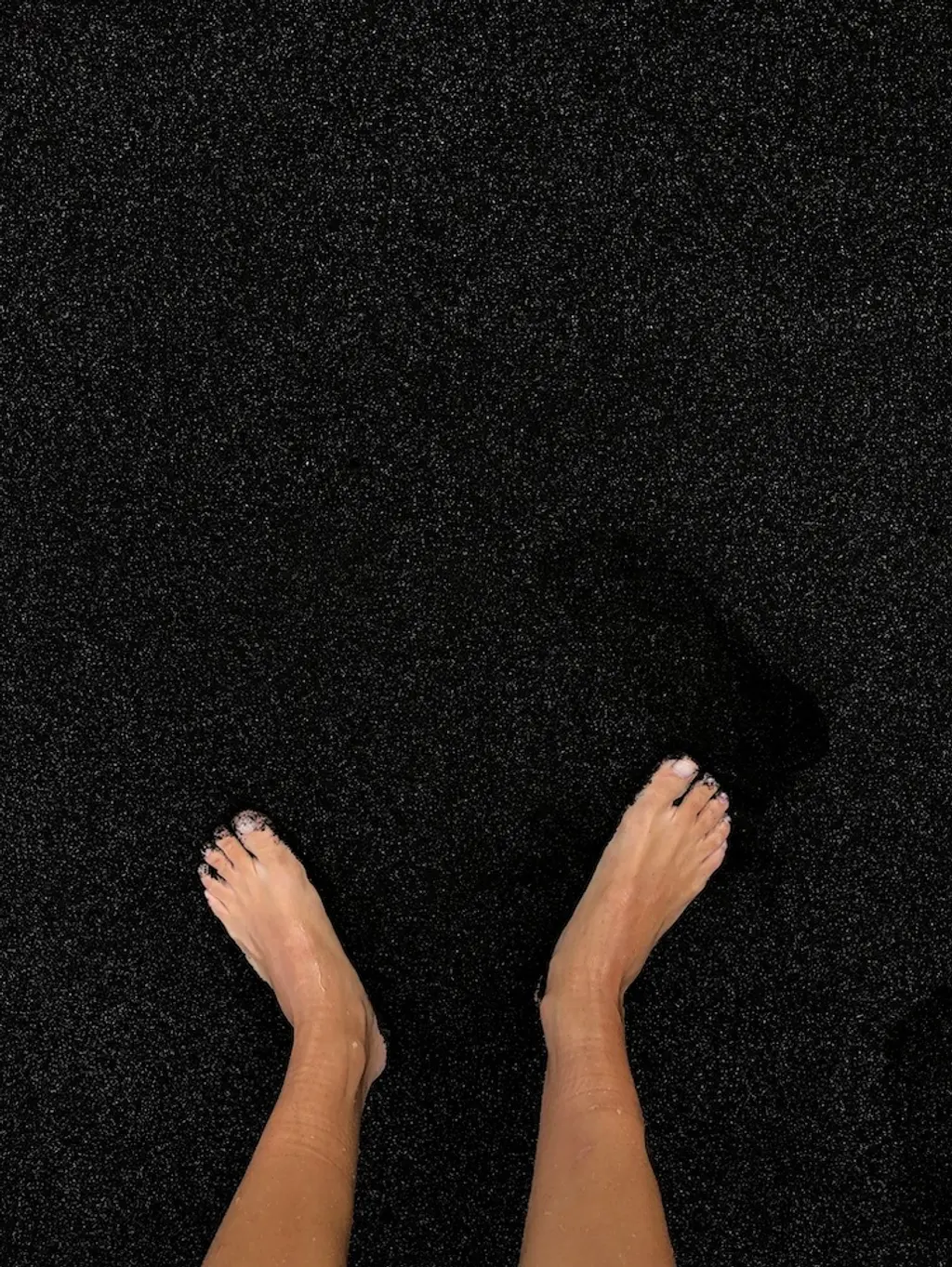
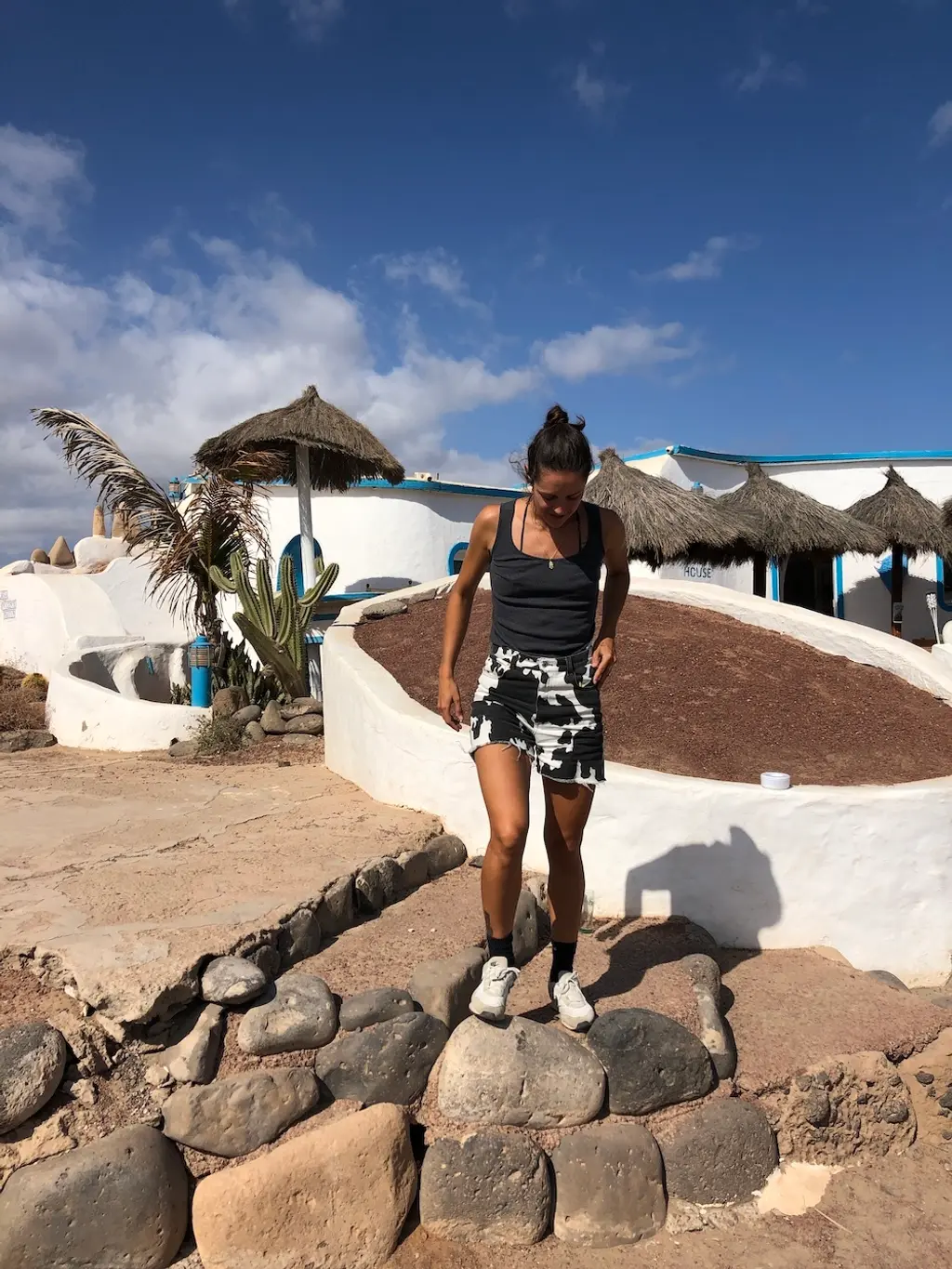
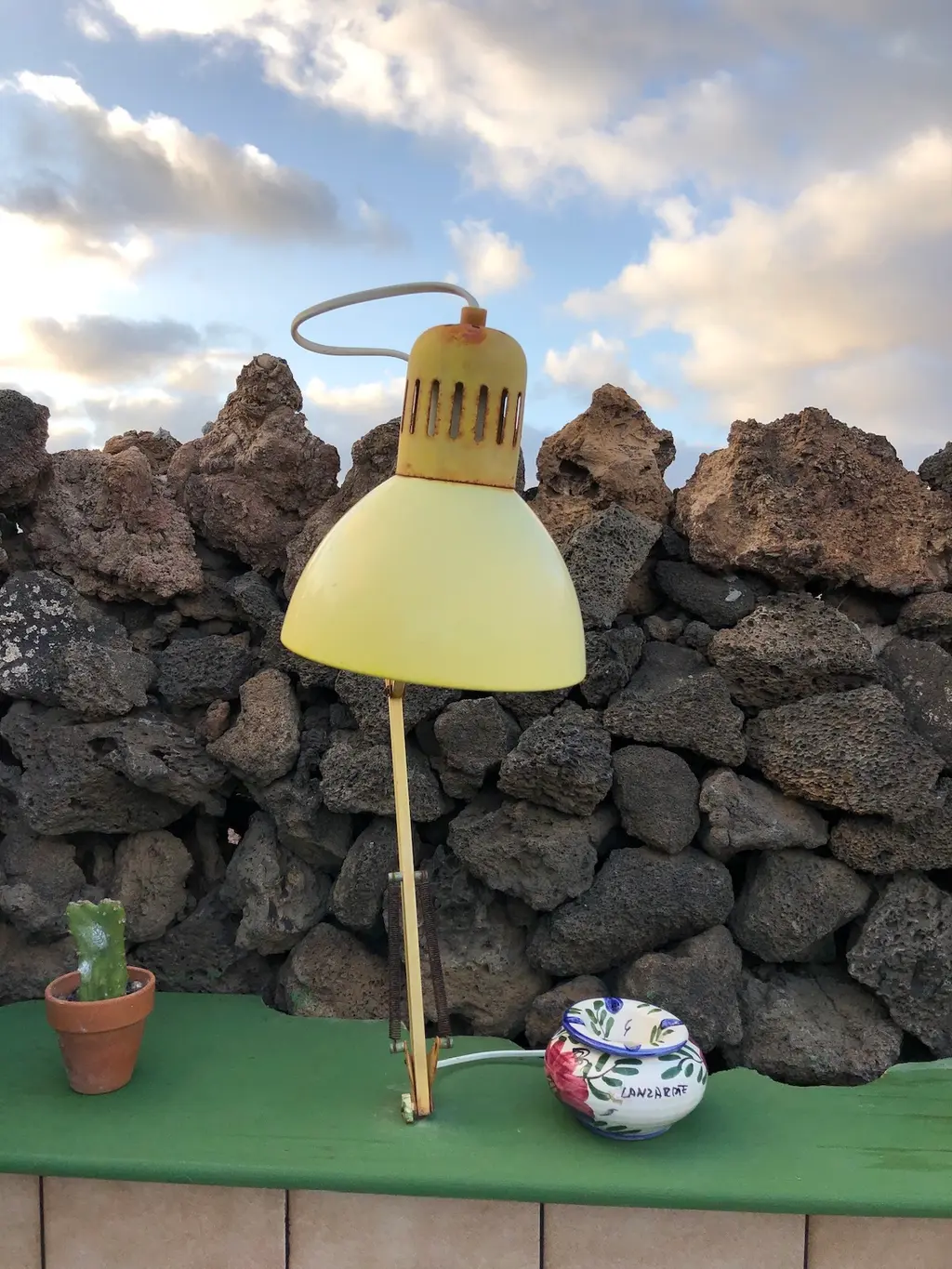
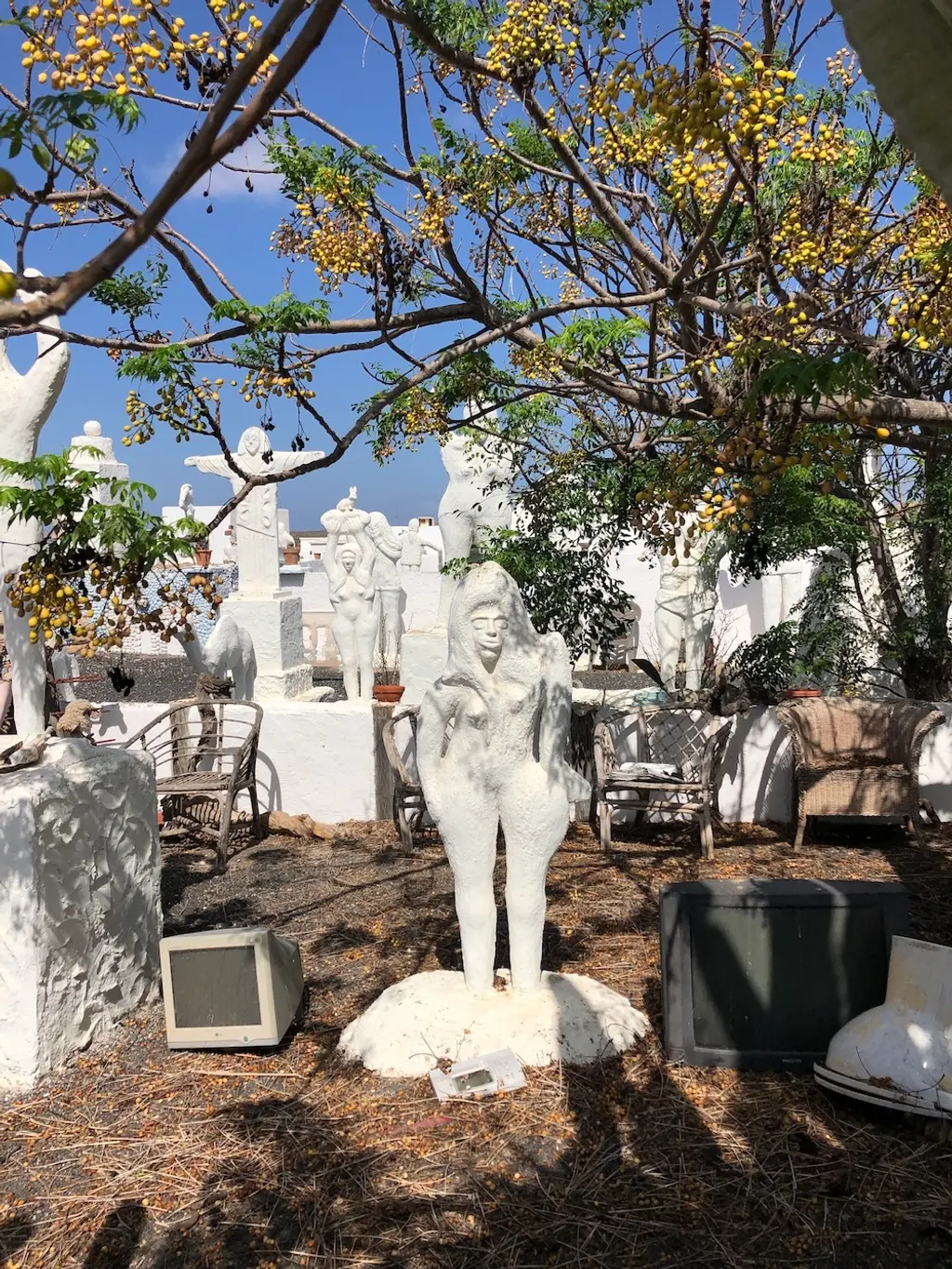
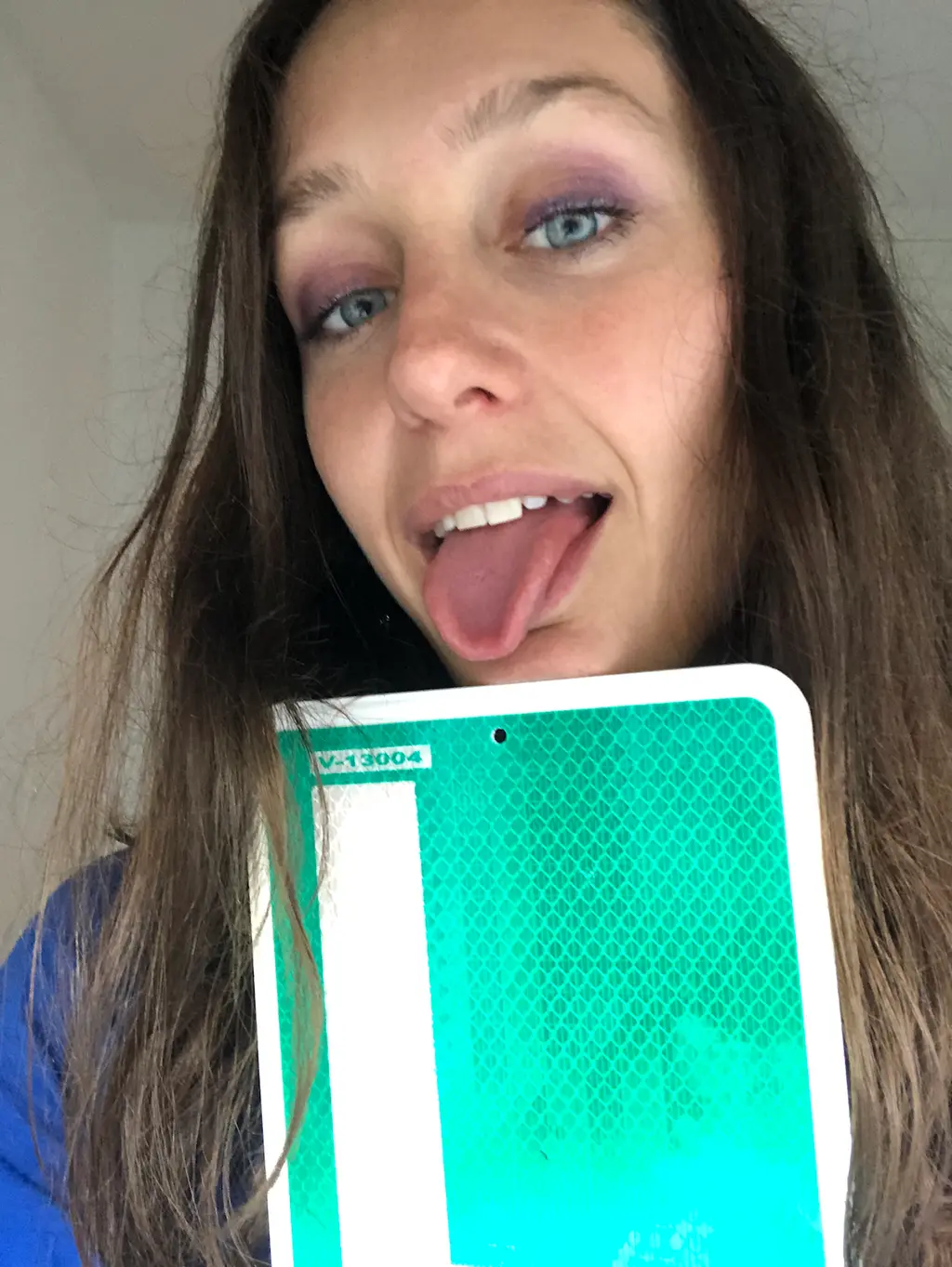
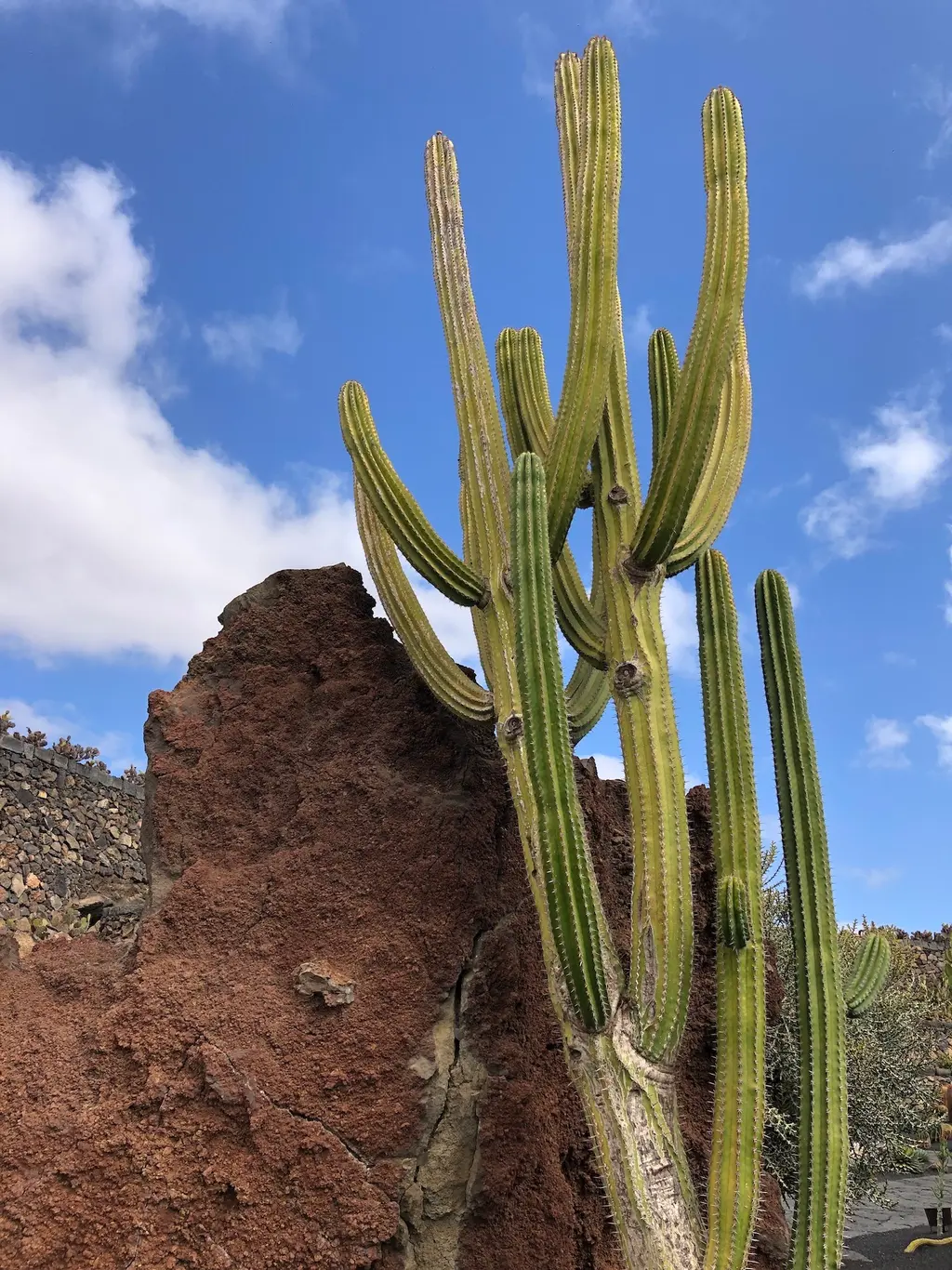
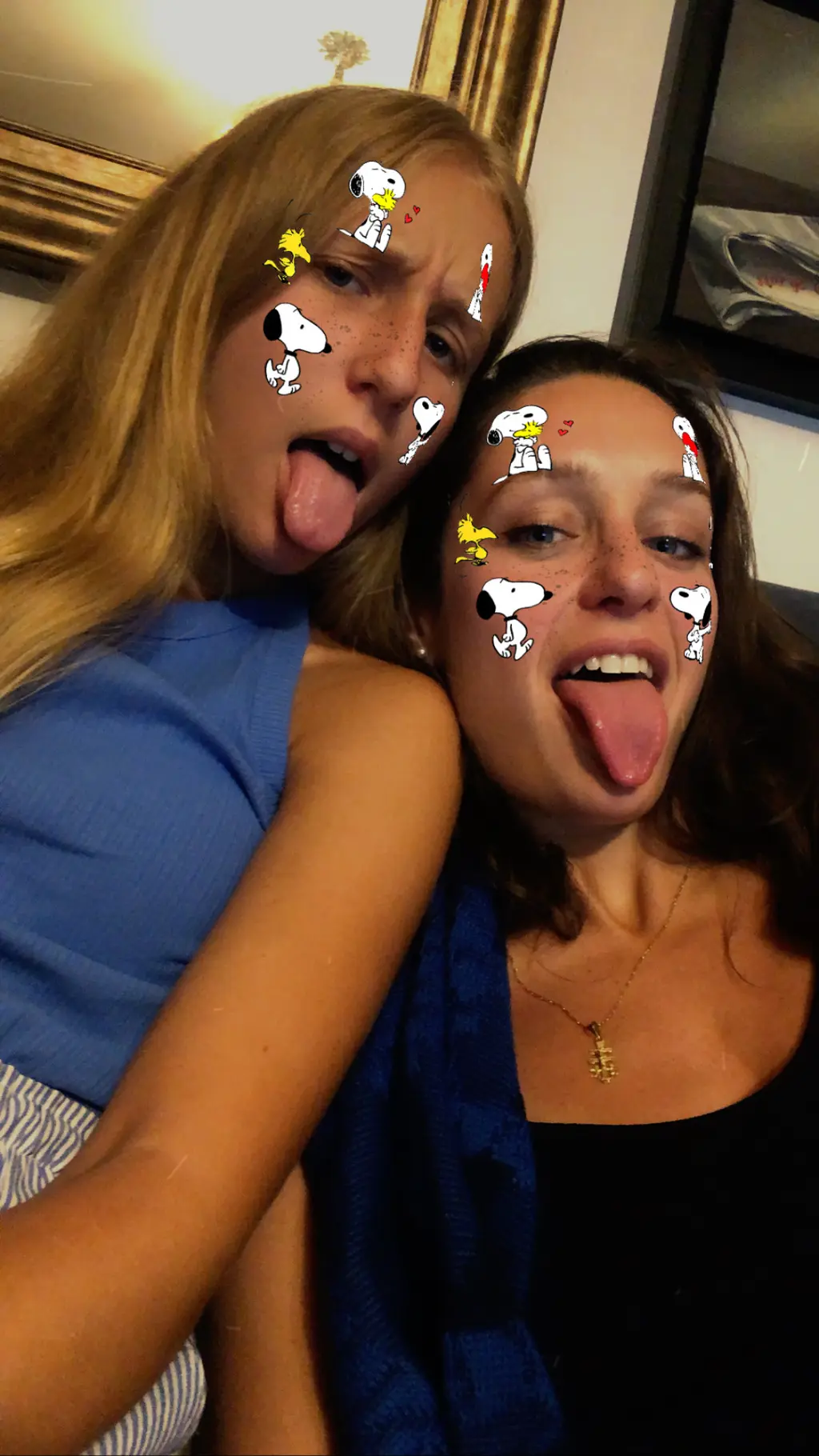
Ashwarya, 21, musician, Melbourne

Photography by Zac Bayly
“Showcasing my music to the world has been pretty much my life these past few months, so it was a little tricky to figure it all out, since live performances weren’t an option, overseas travel was off the cards and working with other creatives in the same room became restricted. Making use of the space and resources I have is the new normal for me. And, to be honest, it’s pretty damn satisfying when you get it right.”
Click to see Ashwarya’s stay-at-home diary.
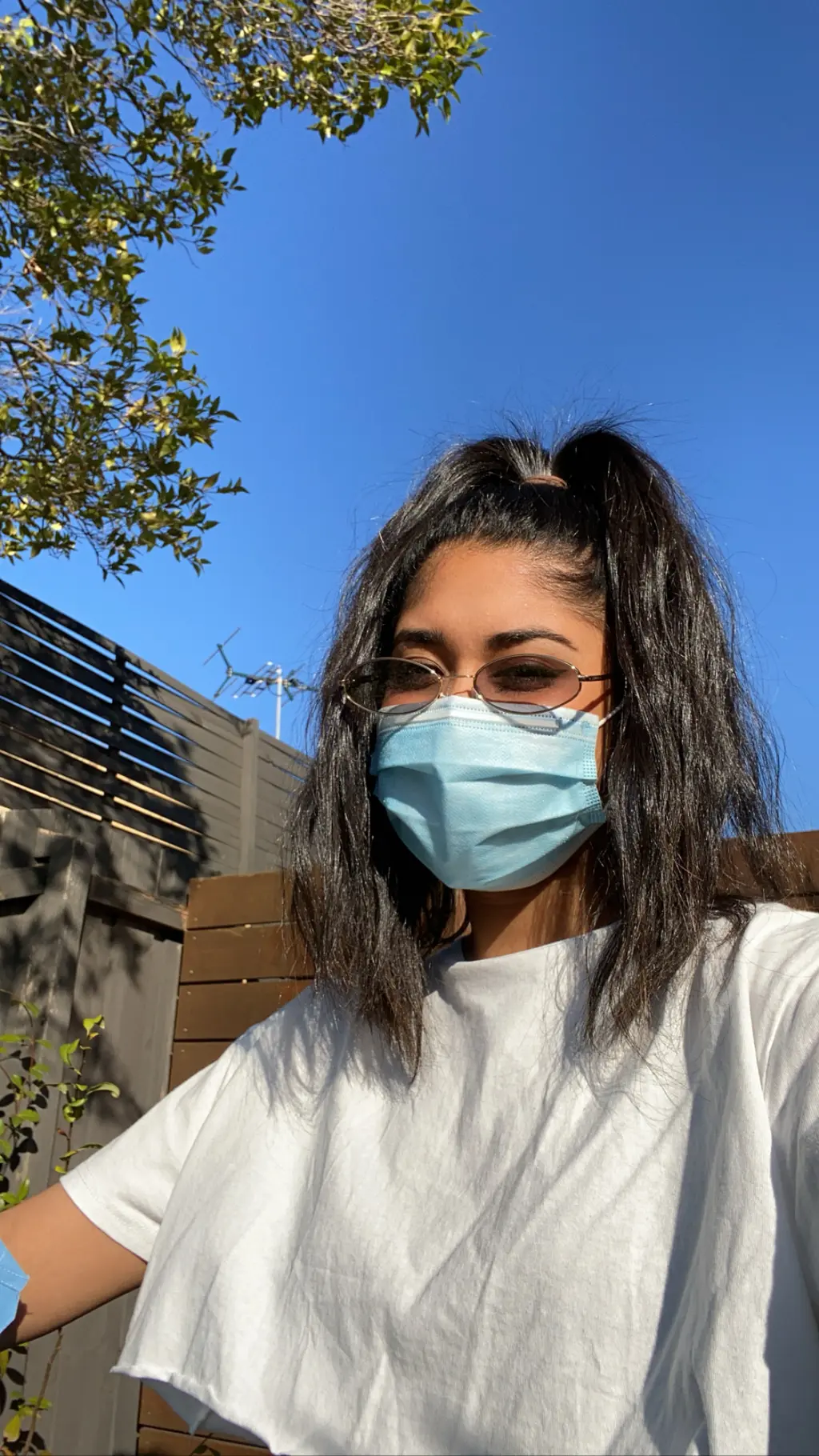
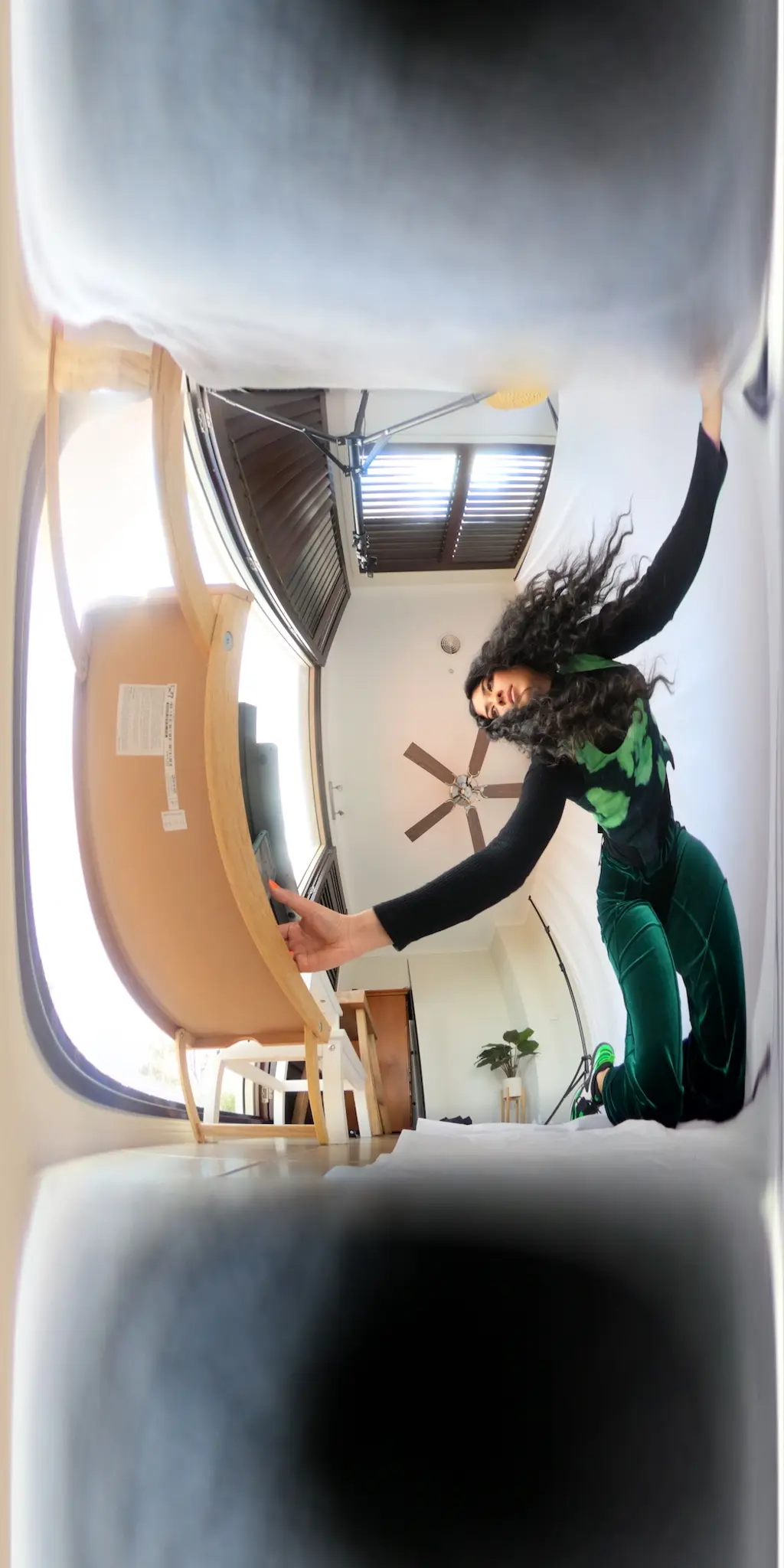
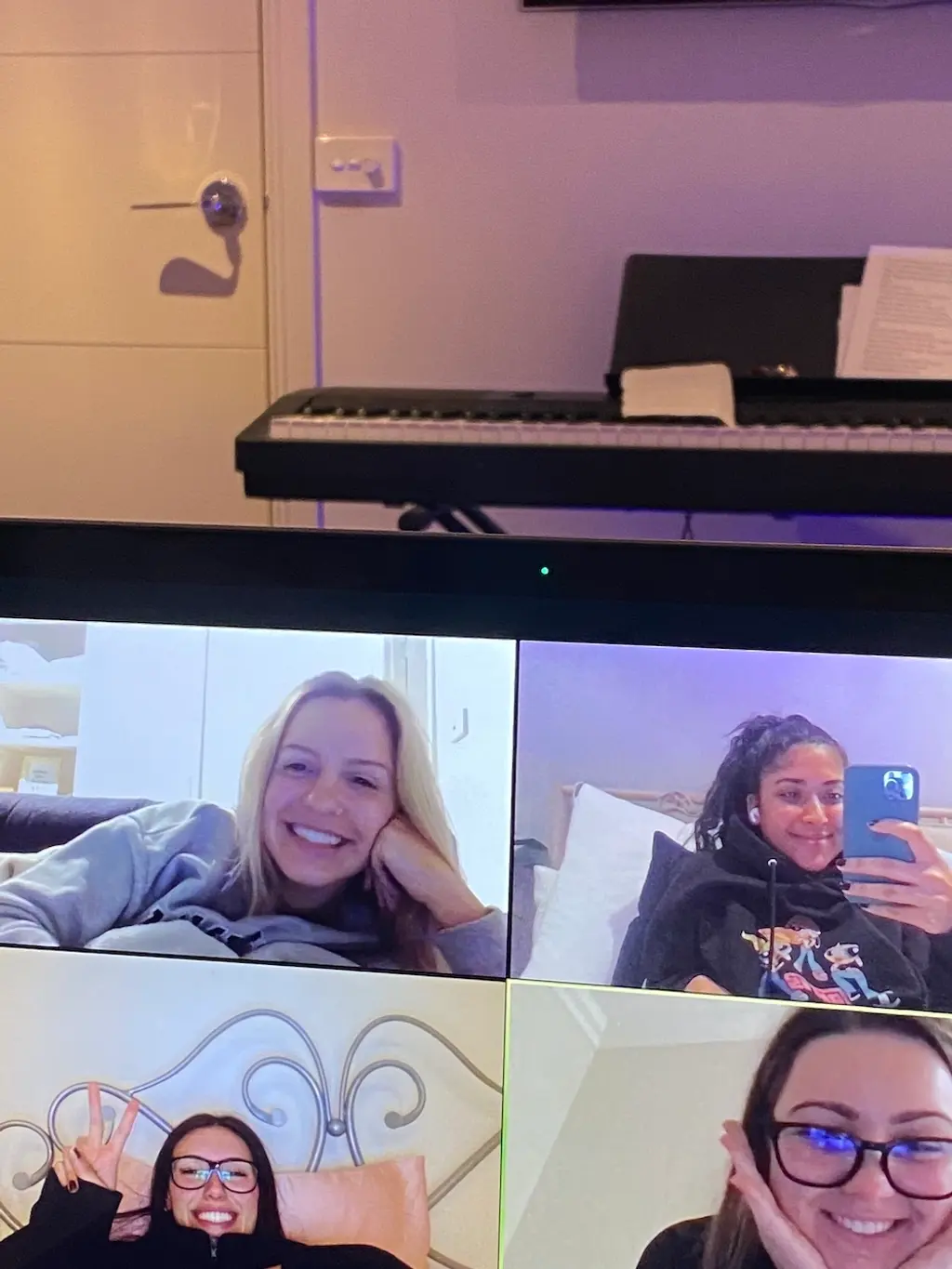
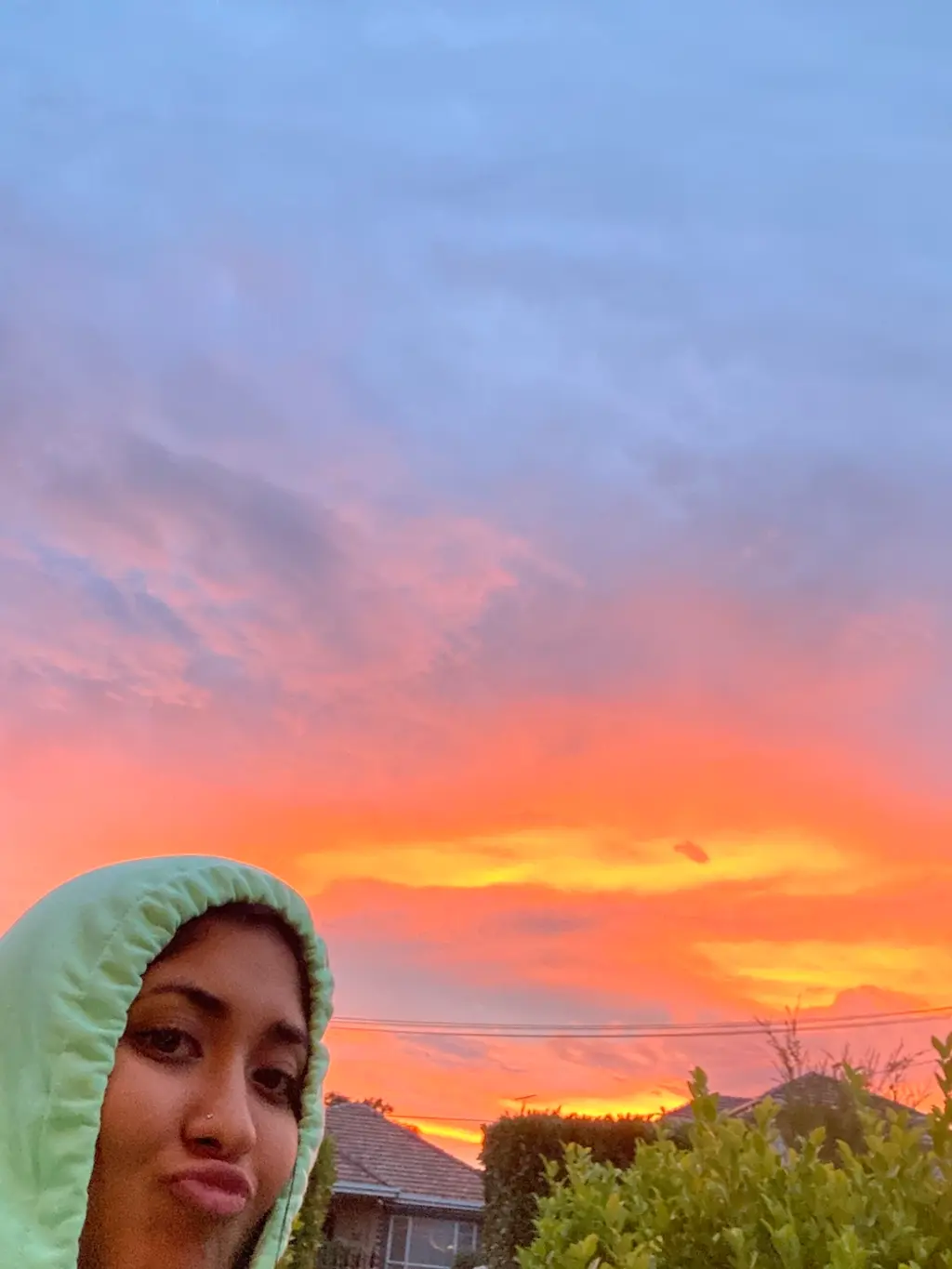
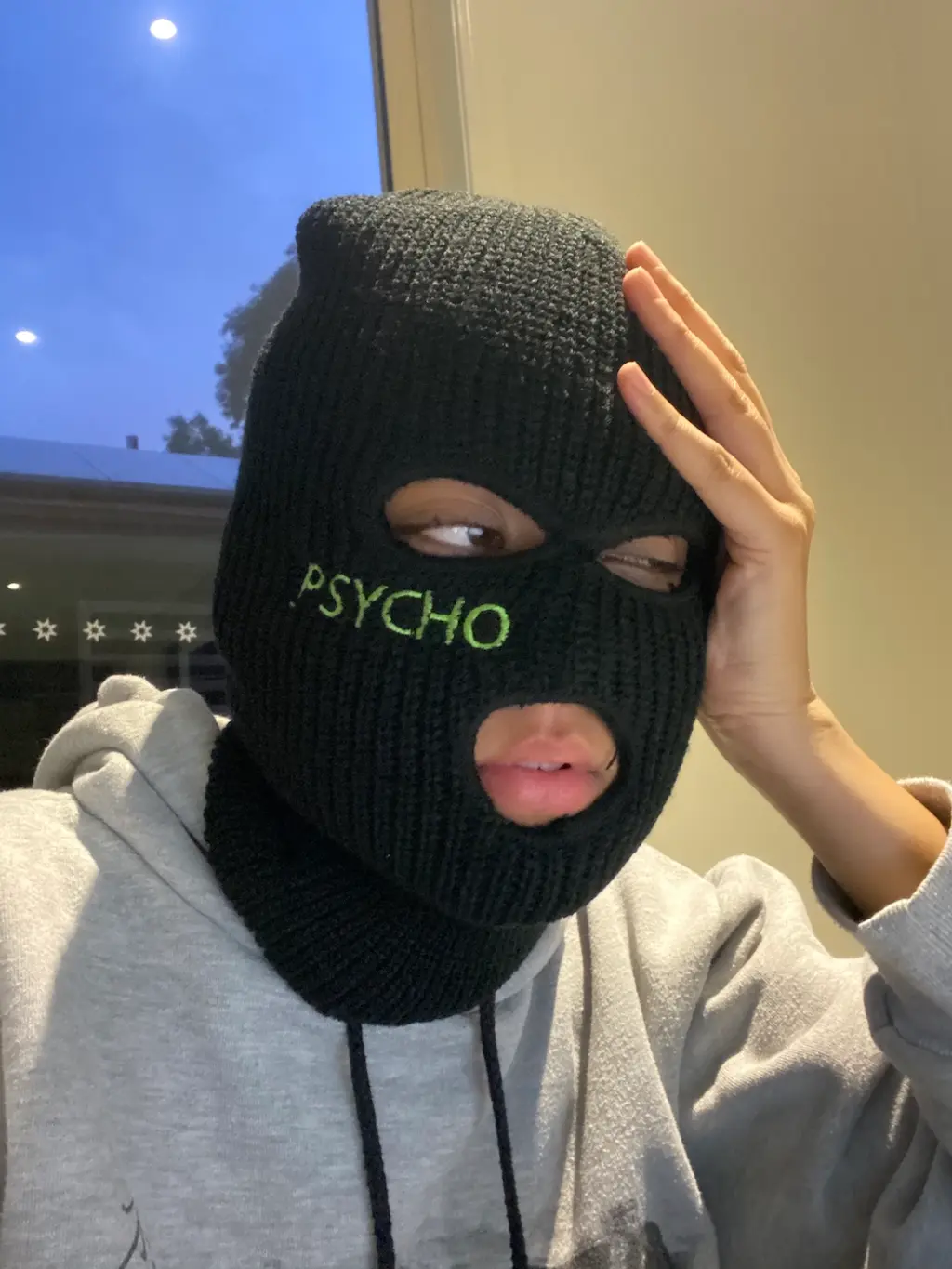
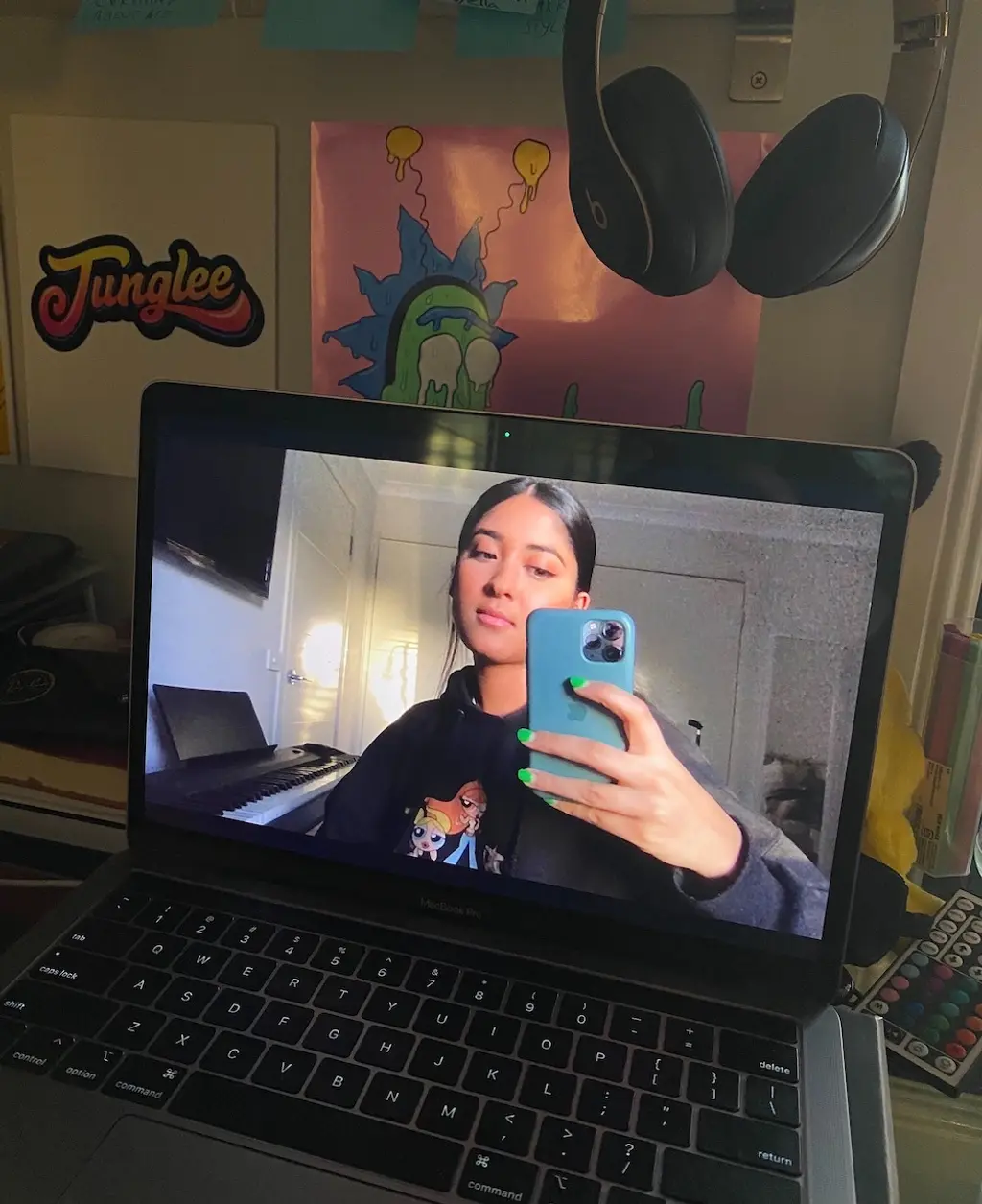
Sophia Wong (Sophy), 28, musician, Taipei

Photography by Yung Hua Chen
“I’m stuck in Taiwan and quite a lot of my projects are delayed as music festivals and live venues are closed. It’s given me isolated time and distance from home to work on my craft – otherwise I think I would go crazy! Music is like a personal healing outlet to process what’s going on in my head, to understand how I am feeling. It really helps me through such stressful and uncertain times. The pandemic made me realise I was always too busy looking towards outside stimuli and approvals. Now that I’m forced to look inwards more, I’ve learned to find fulfilment by simply doing what I love.” Click to see Sophia’s Taiwan diary and to listen to her music.

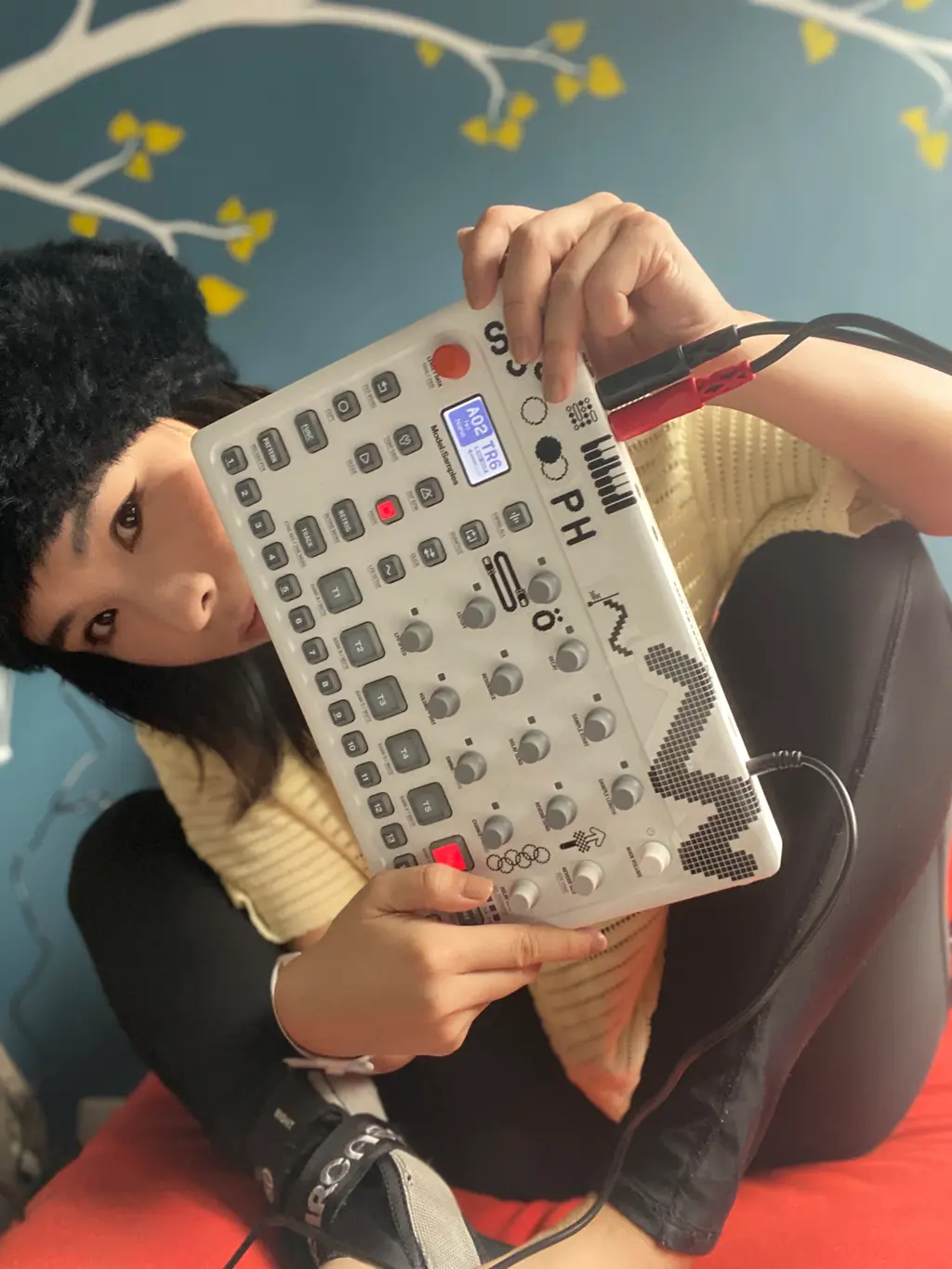
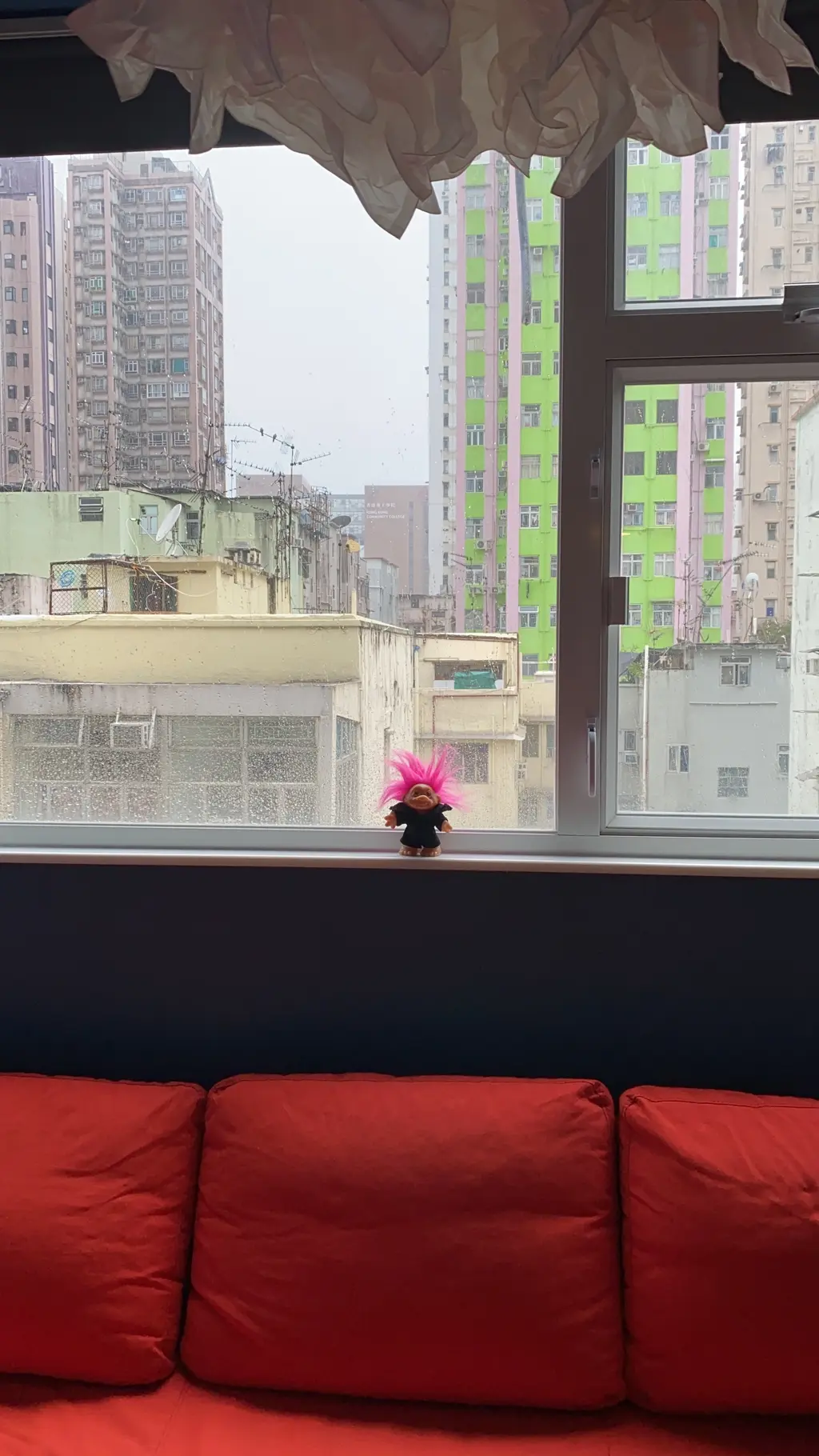
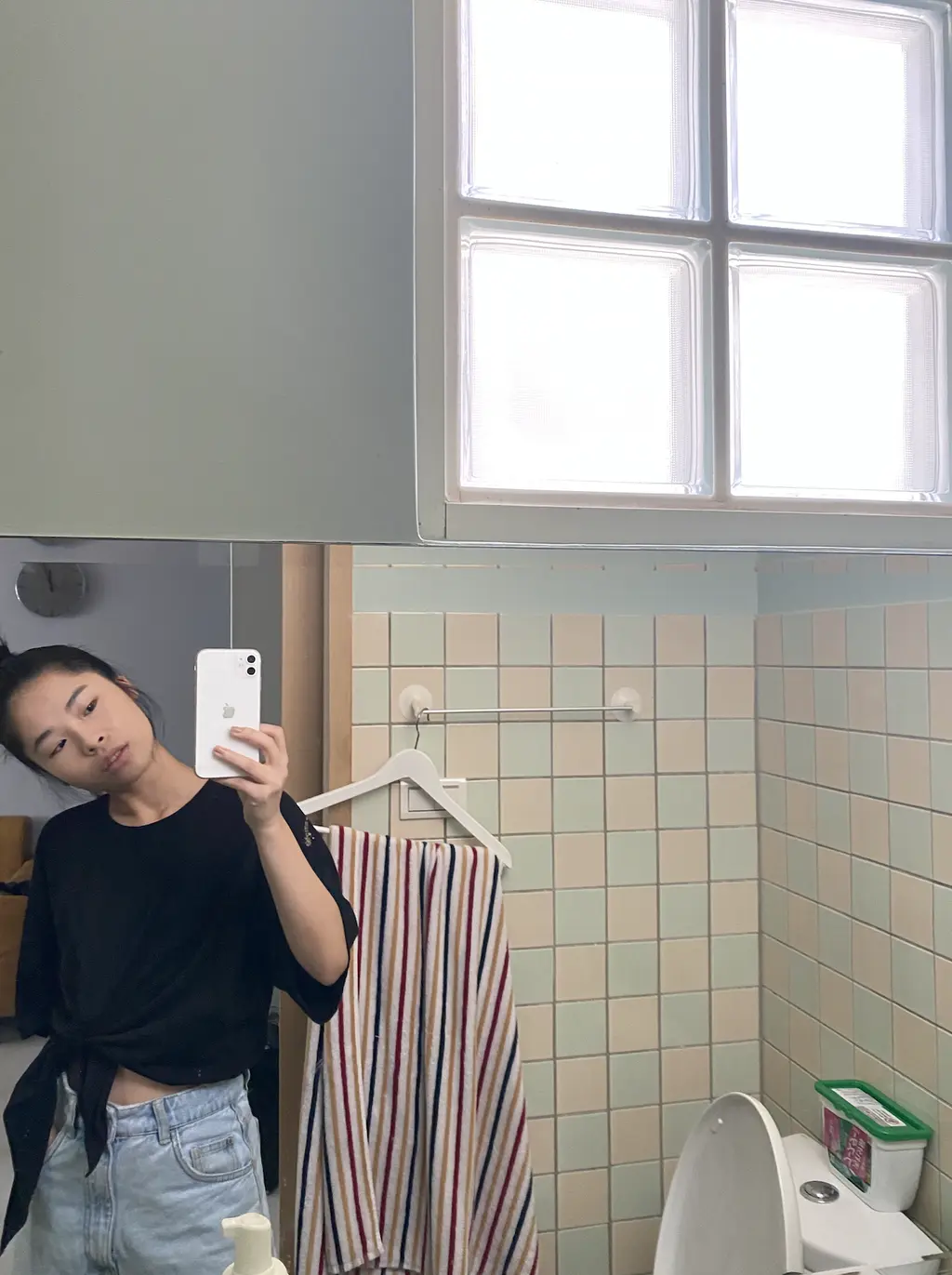
Mikhailia Peterson, 27, creative director & stylist, Cape Town

Photography by Alice Mann
“I discovered a new type of resilience. Honestly, looking back at three months of unemployment – because South Africa was under strict restrictions due to the virus – I’m in awe of myself getting through the darkest months of my life. I’m one of the lucky ones, though, because so many of my friends are unemployed and it’s really tough.” Click for portraits of Mikhailia’s community.
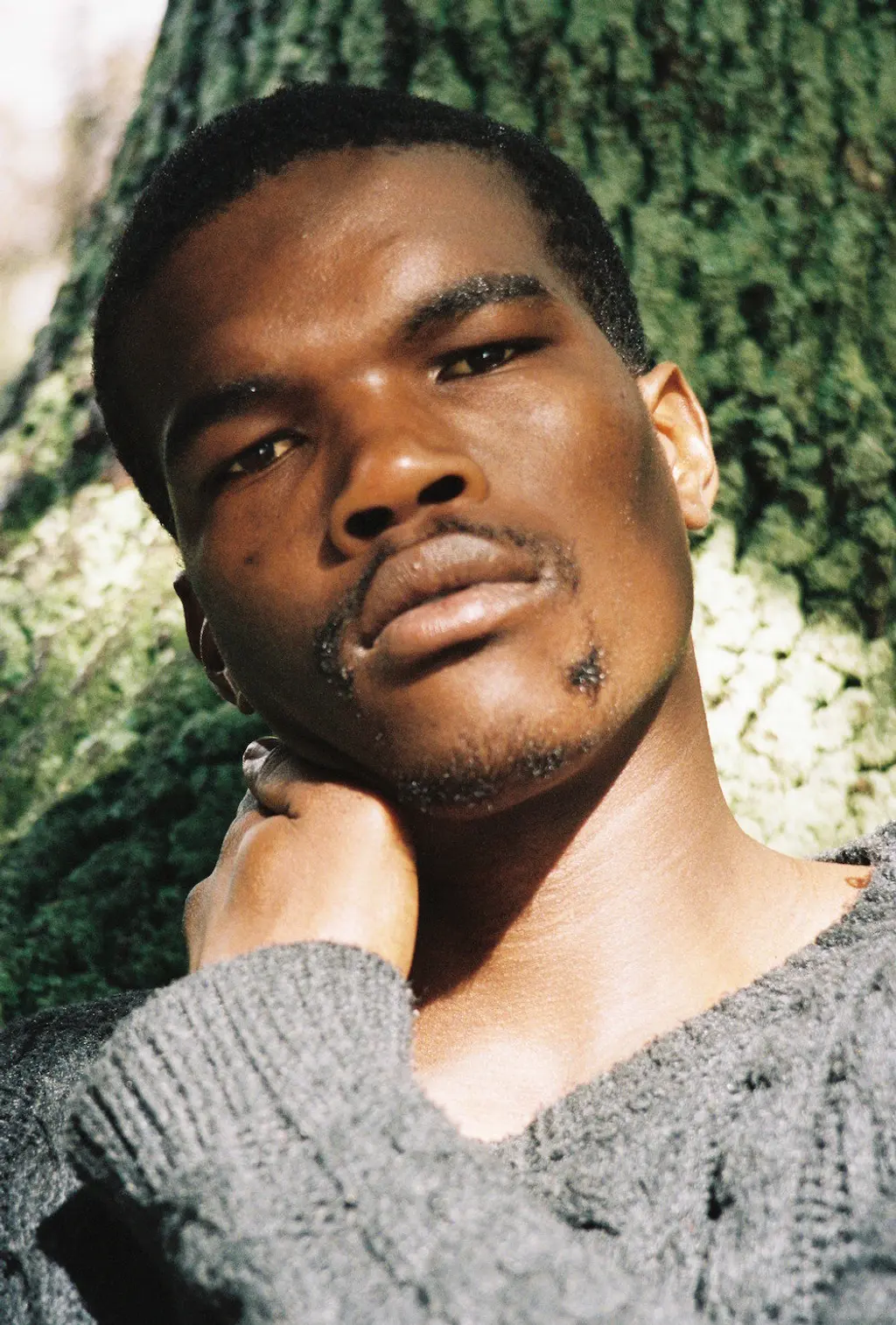
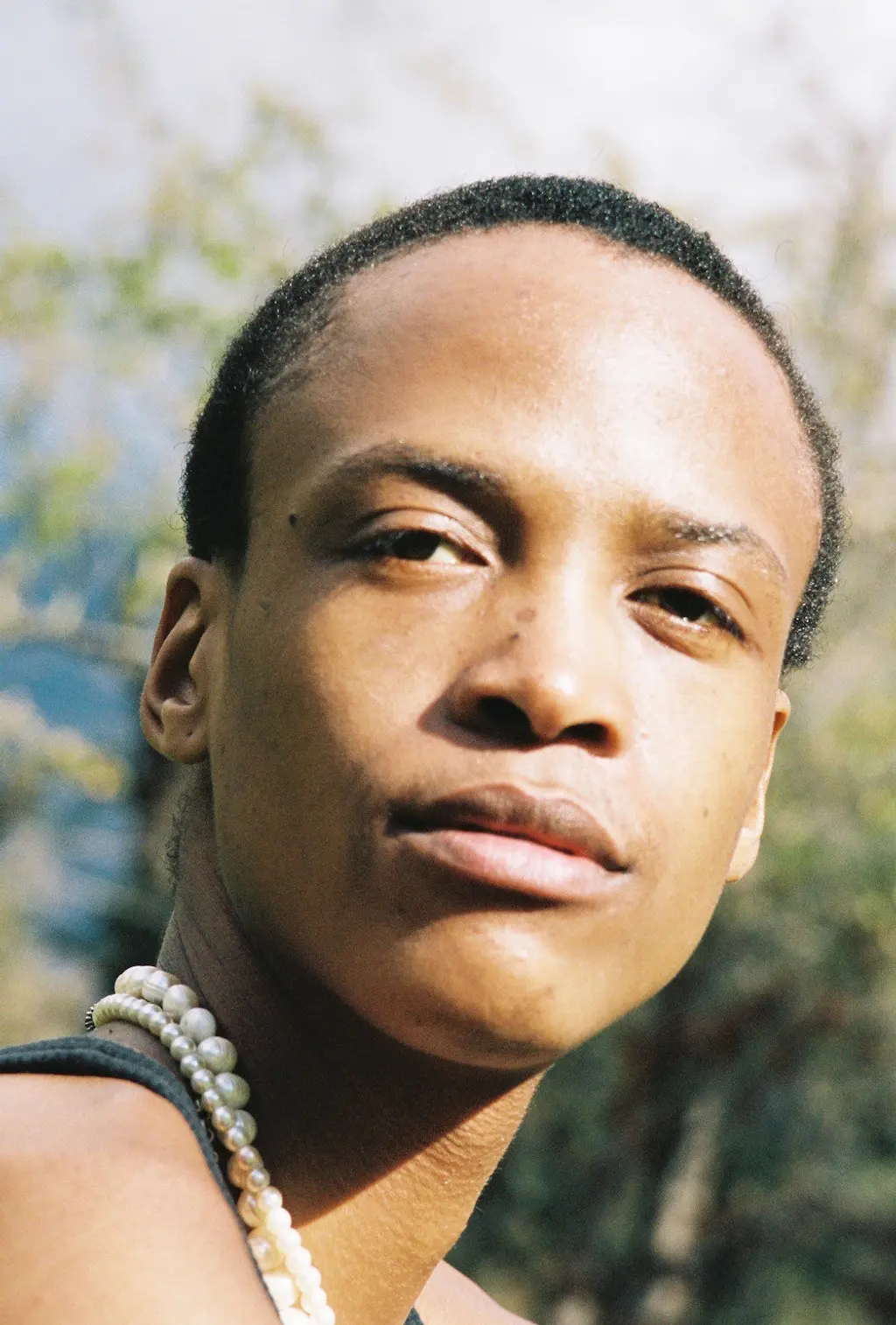
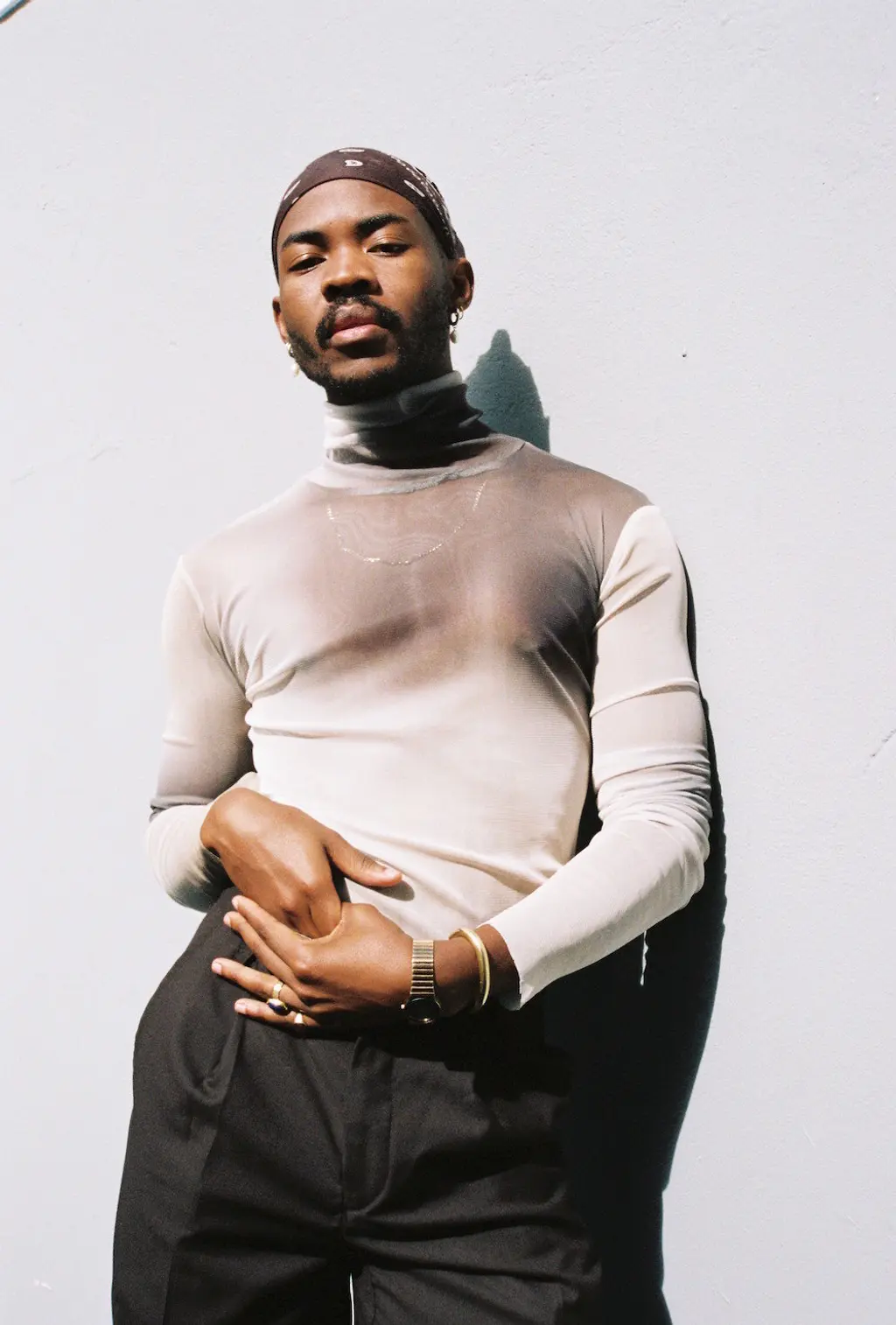
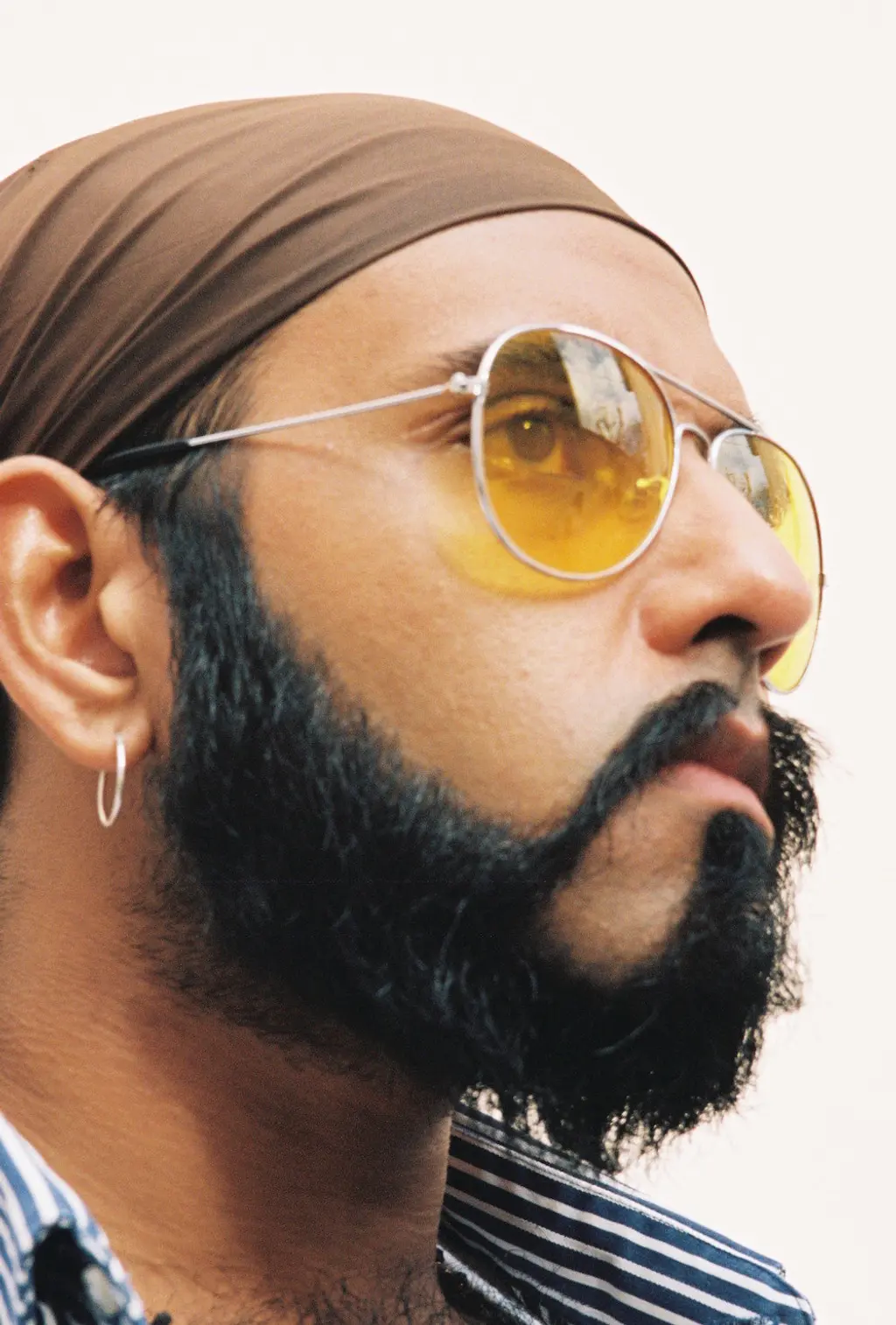
Sofia Insua, 21, singer & actress, Guatemala City

Photography by Juan Brenner
“While in limbo, everything shut down and my visa issuance to the US, although approved, was cancelled until further notice. This taught me how to let go. If you’ve put so much energy into something and it’s just not happening, it’s simply not meant to be forced. And I’m finally OK with that. Luckily, nowadays music made with a bedroom studio setup is a possibility. With my acting career on hold, I’ve had the chance to focus my creative output on my music projects, writing and recording.”
Click to see Sofia’s journey to Berlin this summer.
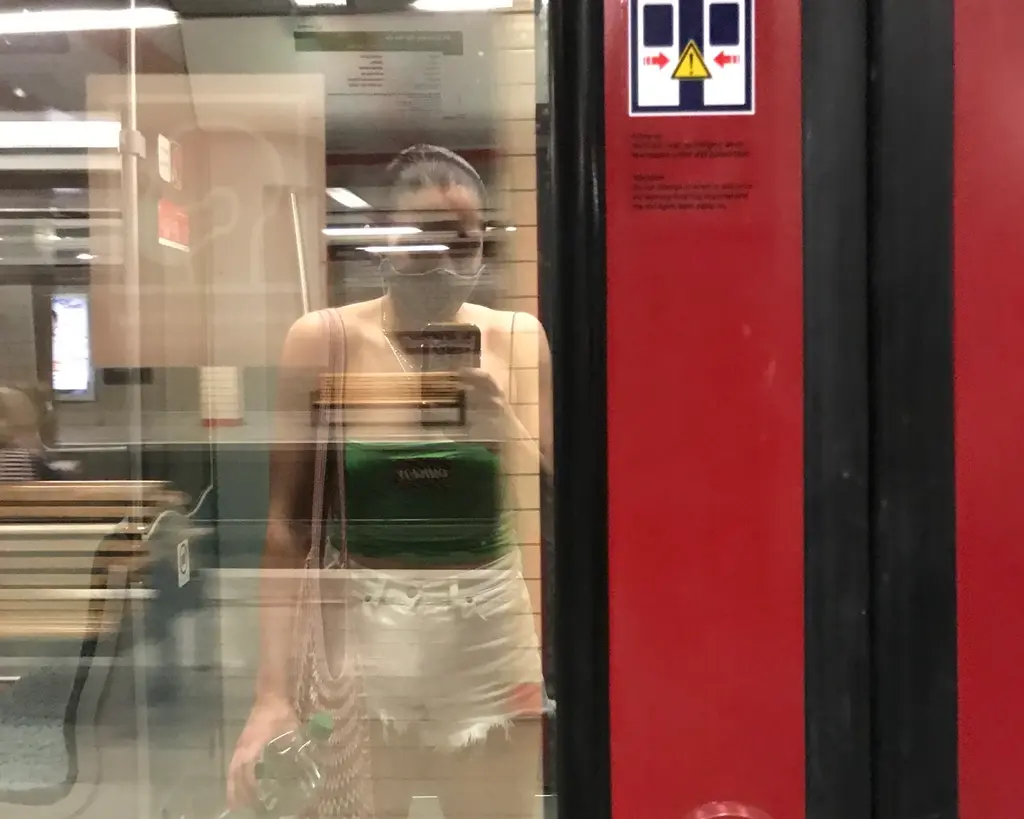
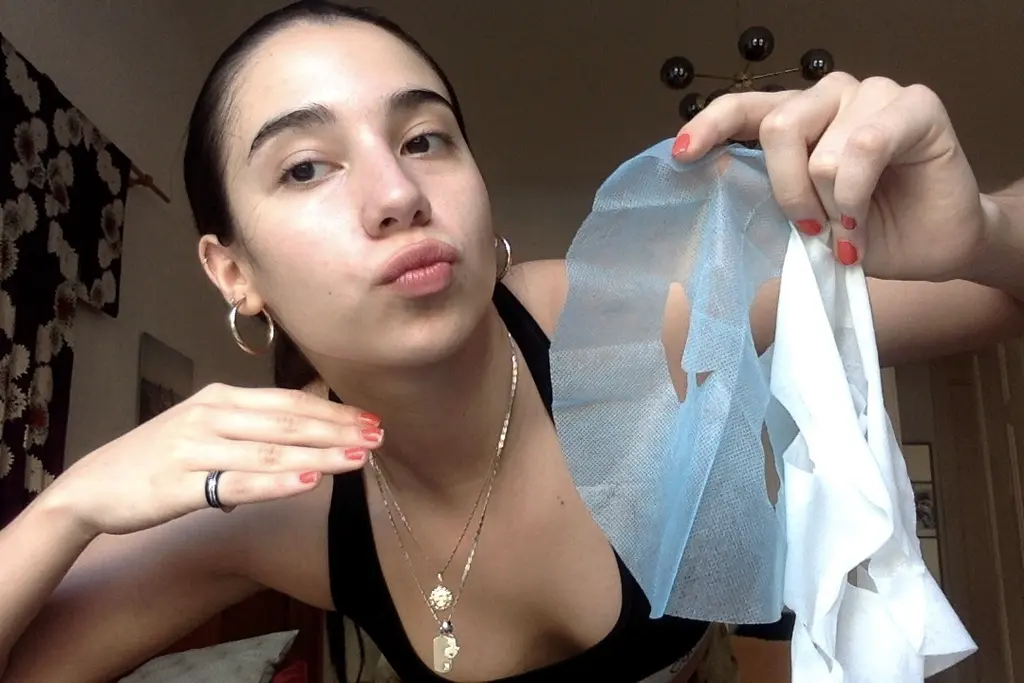
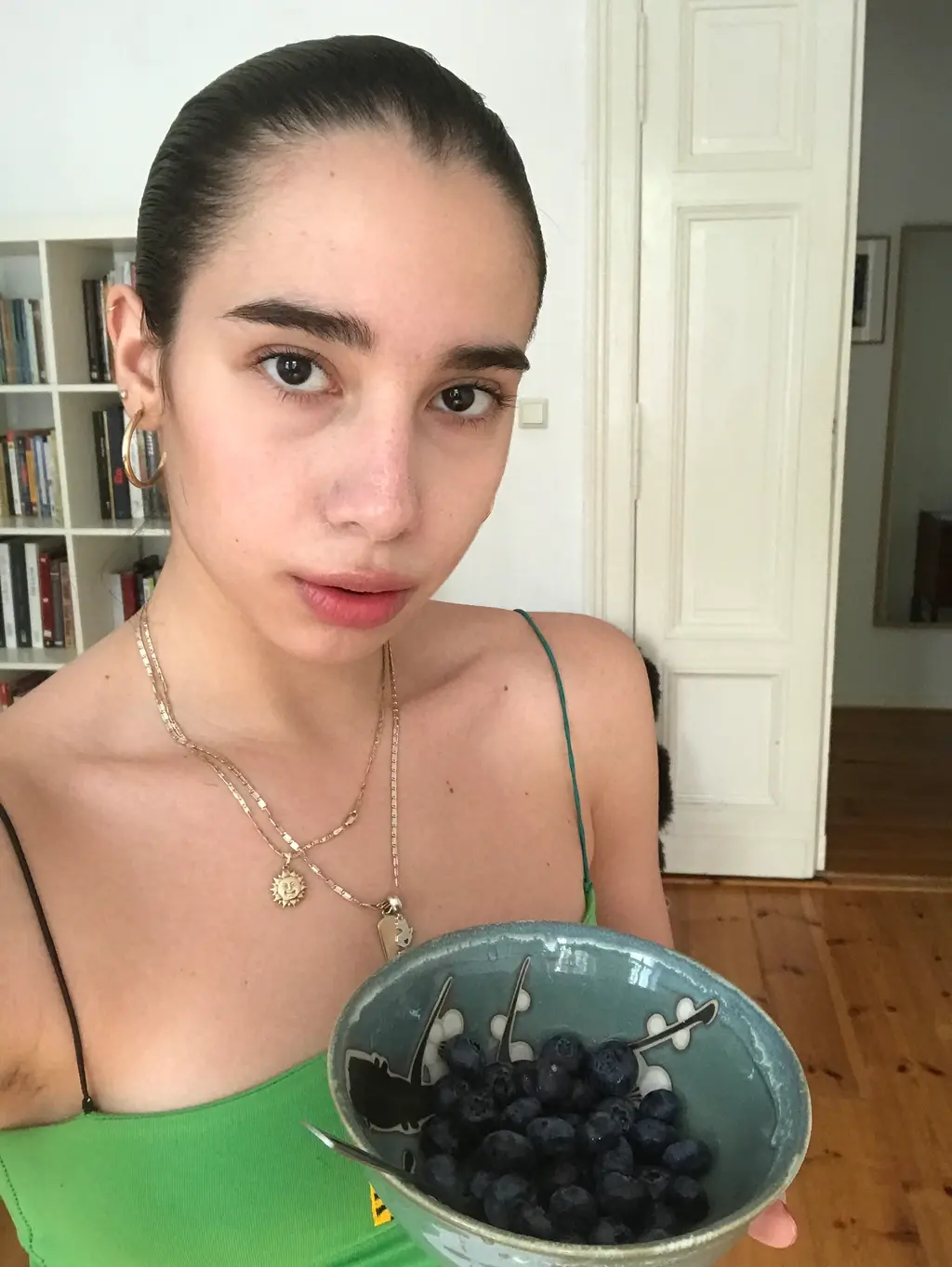
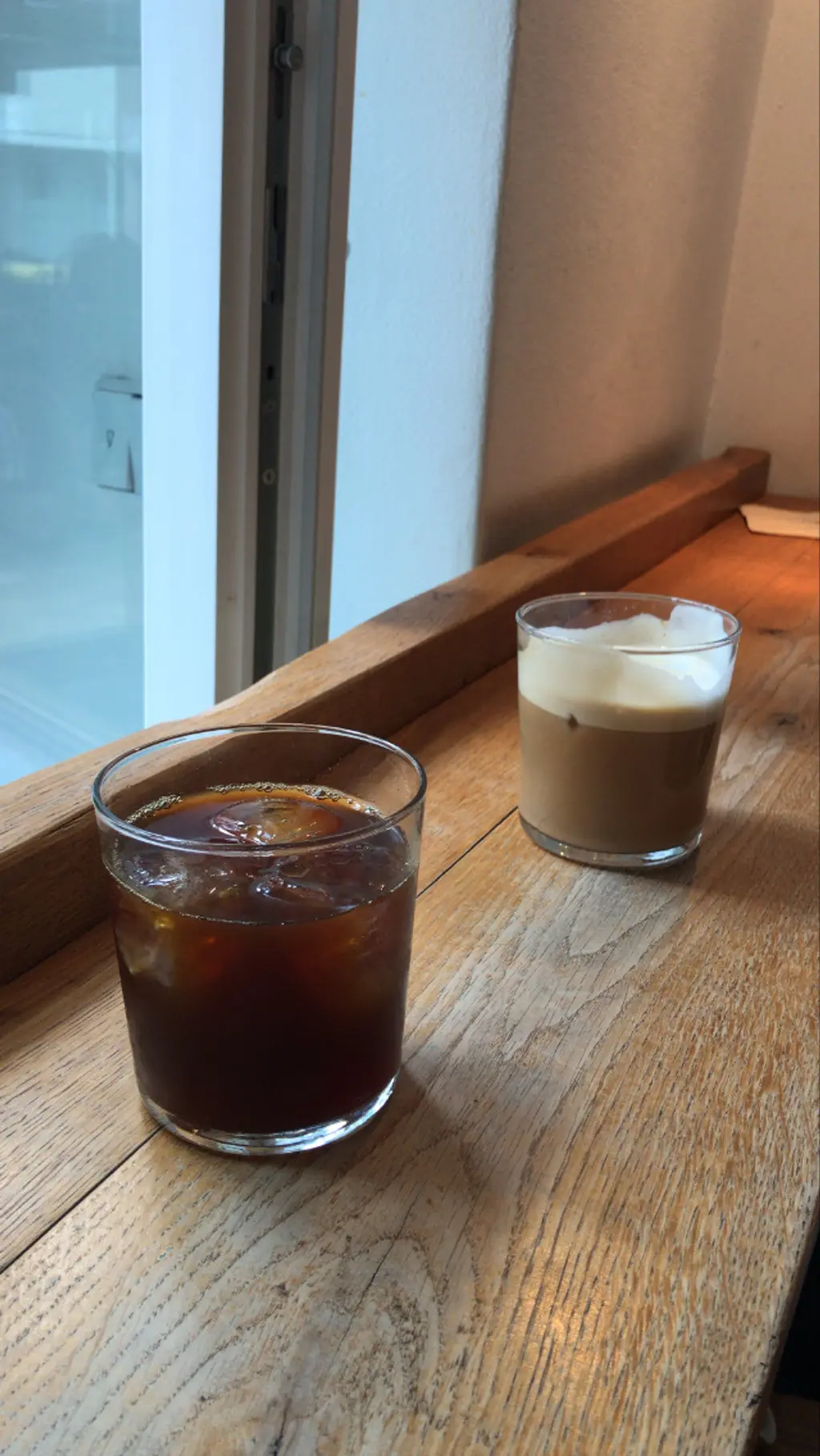
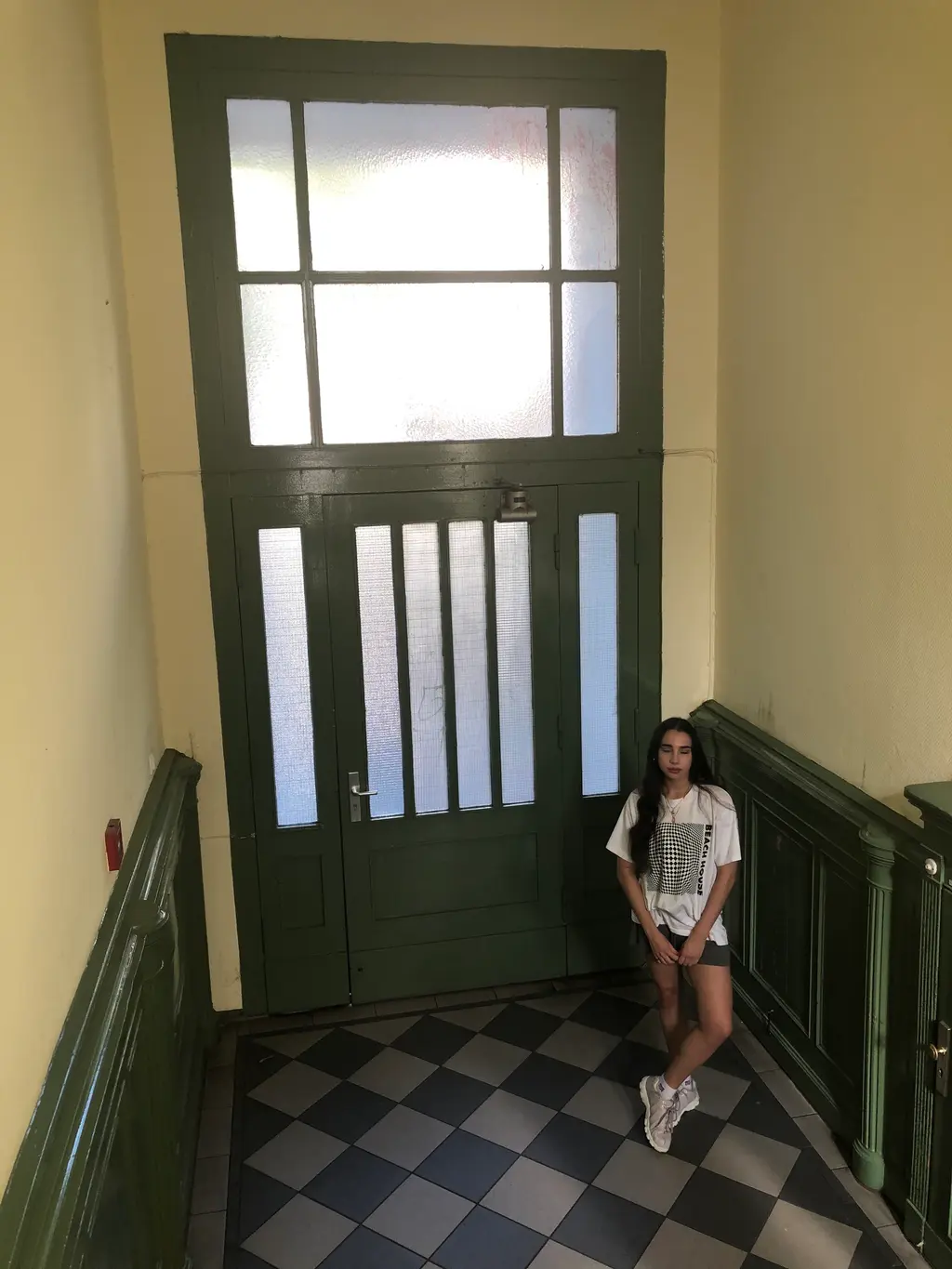

Jassi Murad, 21, contemporary dancer, Berlin

Photography by Ilya Lipkin
“Having grown up in Palestine I’ve been used to not having a lot of control over my life. It has been interesting to watch much of the world experience this for the first time. While the whole world has been affected negatively by the pandemic, I feel very privileged to be living in Germany, where the incidents are relatively low and the health system is good. My progress studying contemporary dance slowed when the schools closed, and travel was restricted, so I couldn’t visit my family.”
Anton Ambroziak, 28, journalist, Warsaw

Photography by Ada Zielinska
“As a reporter, I was stuck at the desk with my phone in my hand, desperately seeking the kind of vivid stories that you normally only find in the streets. We’ve had to come up with new ways to verify information from a distance and work even faster and more precisely to deliver reliable information. It was both frustrating and uplifting. Frustrating because of the intense distance from the people and stories. And uplifting that once again we’ve proven the importance of the media in a world full of fake news and propaganda.”
Anton Reva, 24, collage maker, photographer & director, Moscow

Photography by Eugene Shiskin
“Illness and overwork made me reconsider my attitude to life and the pandemic created a context that made it possible to stop and listen to myself. I think it was a really important moment. Sometimes even frightening and unpredictable things can be a great platform for the necessary pause and important conclusions.”
























































